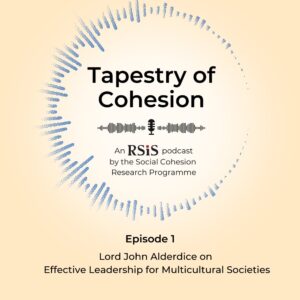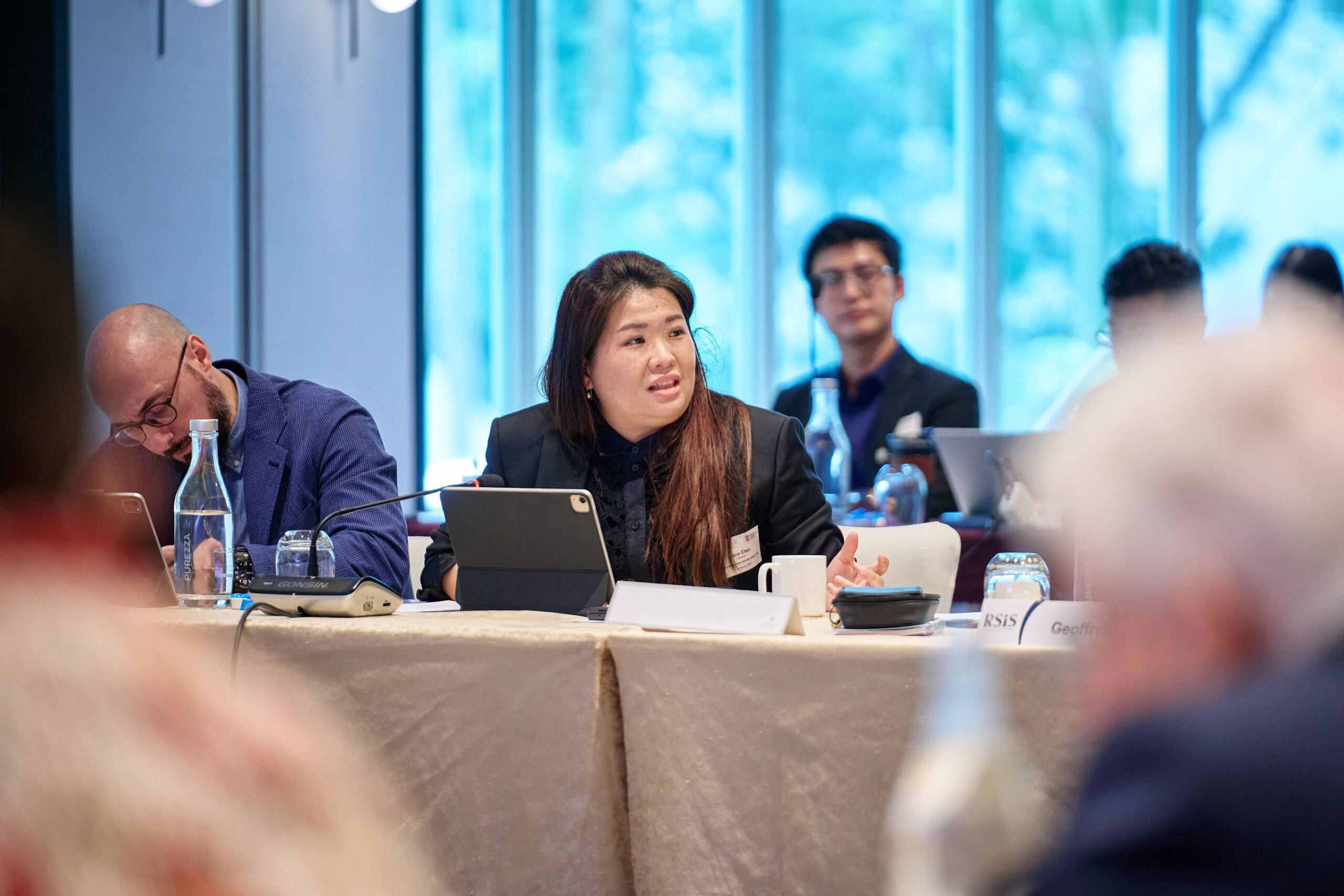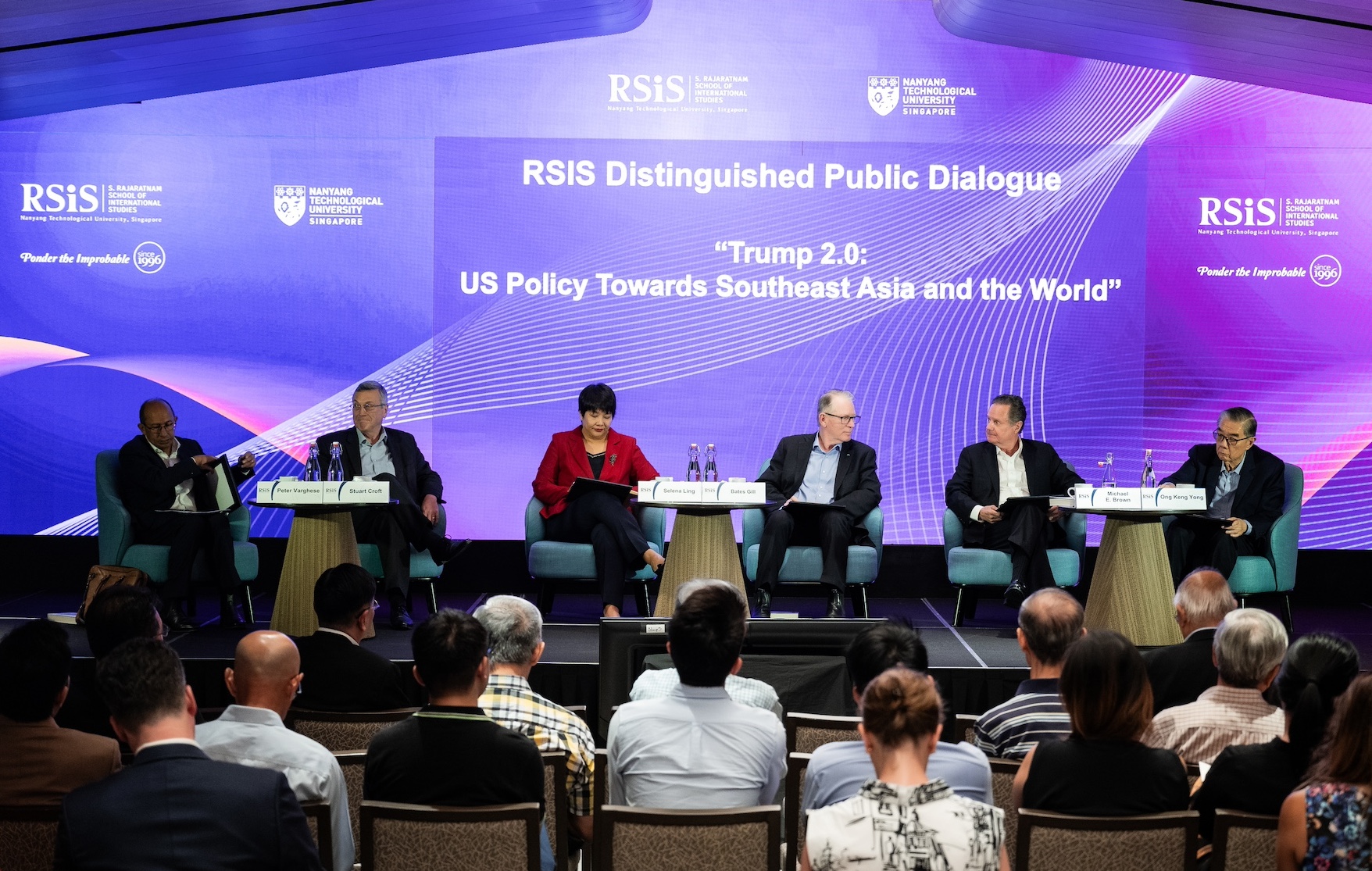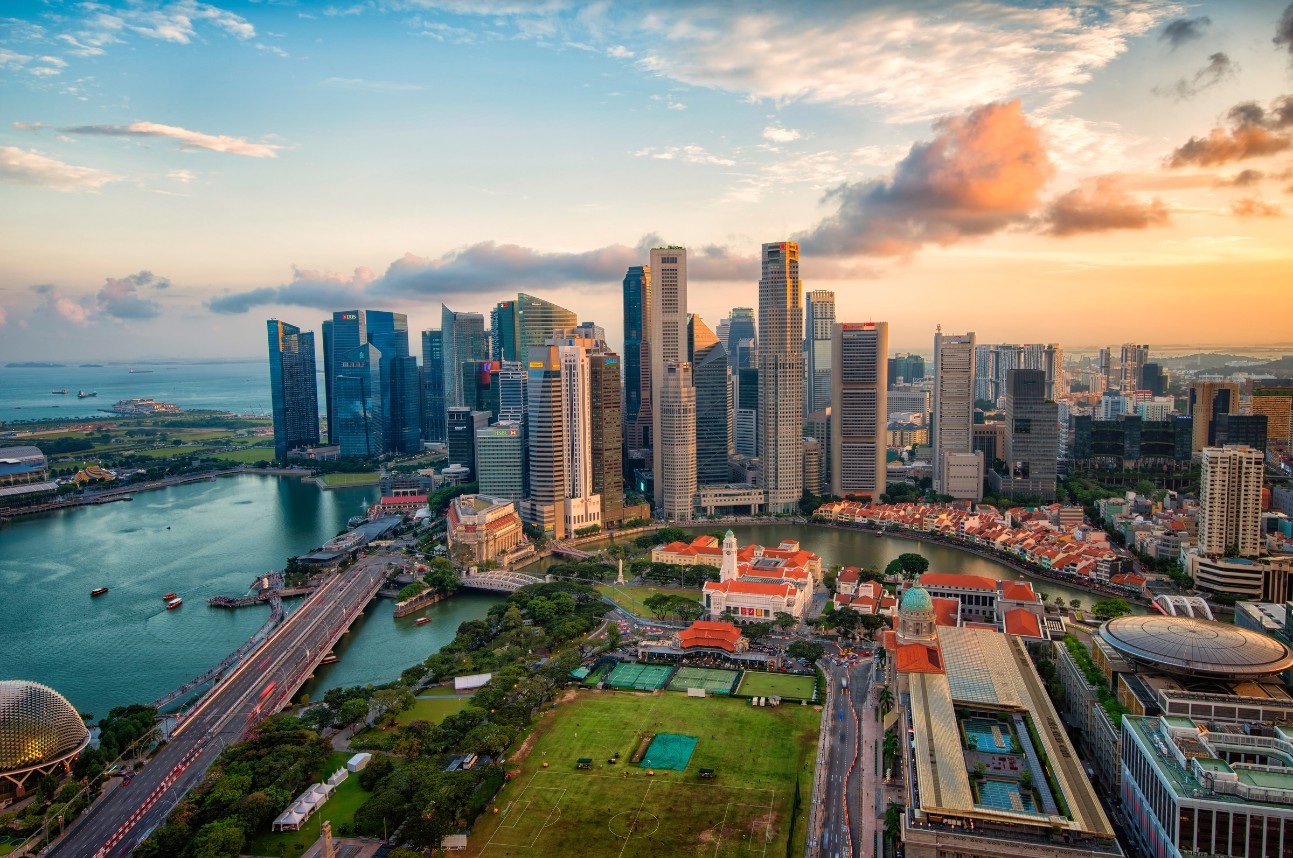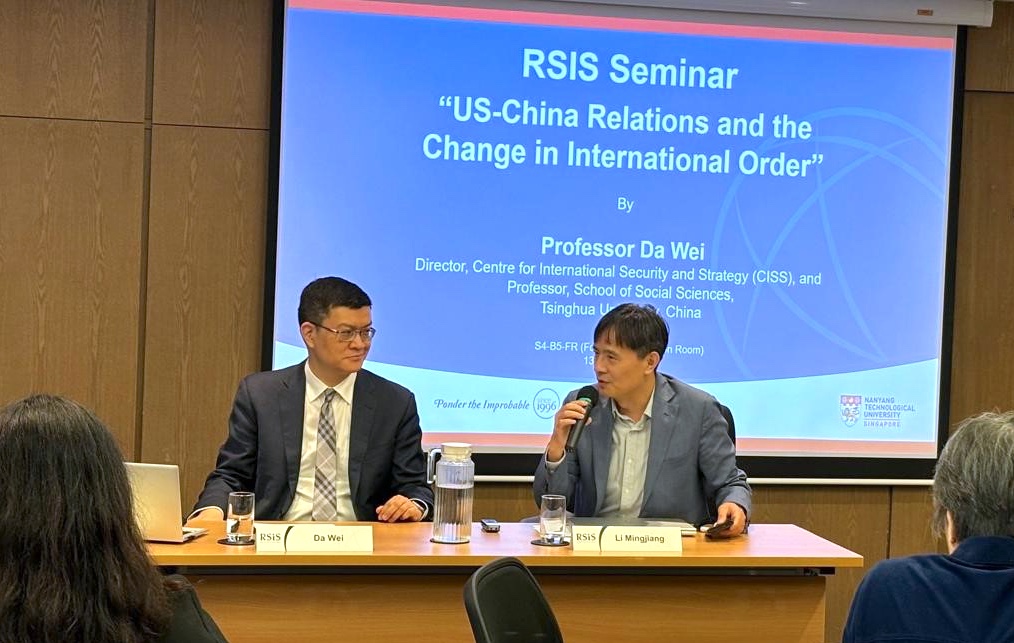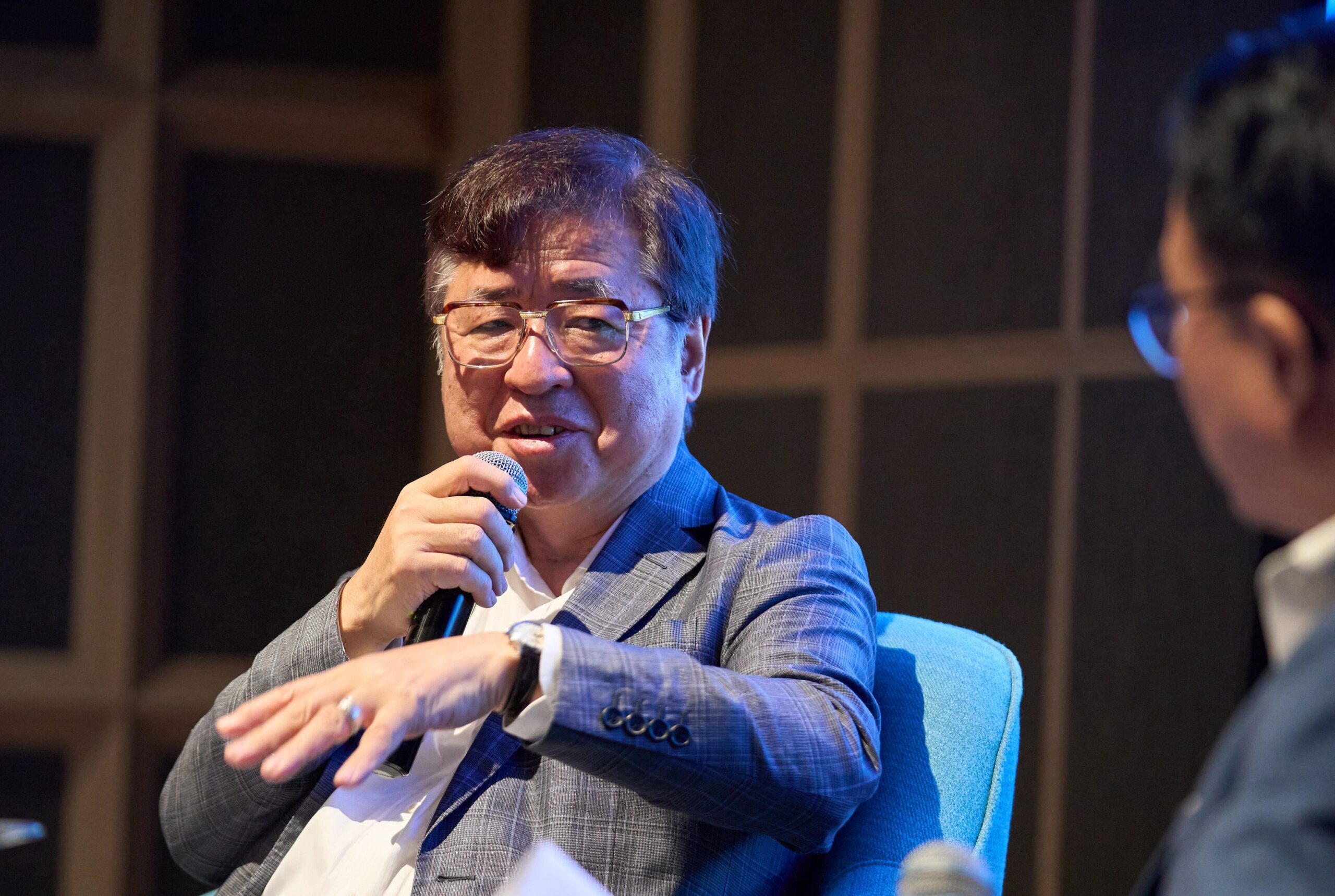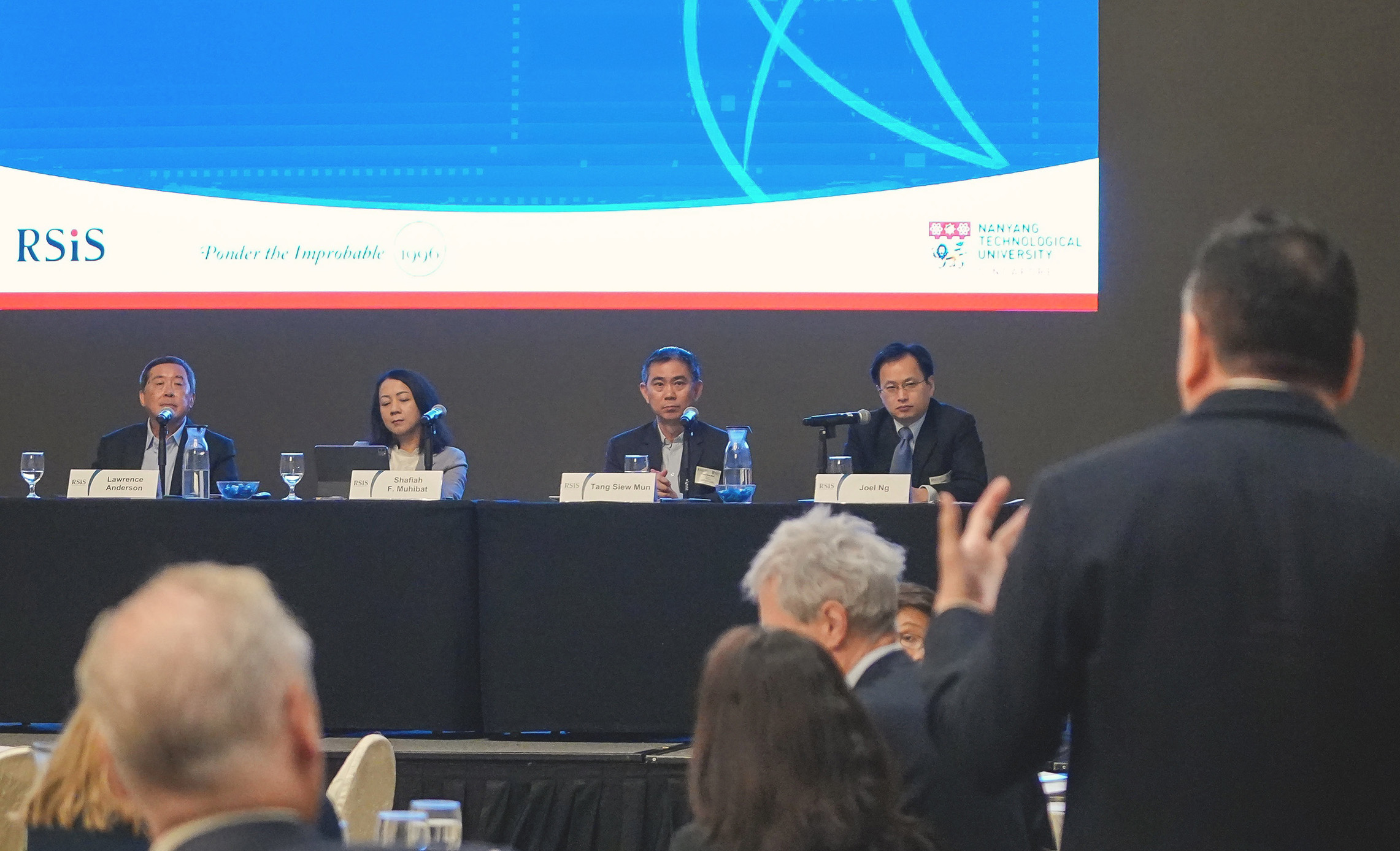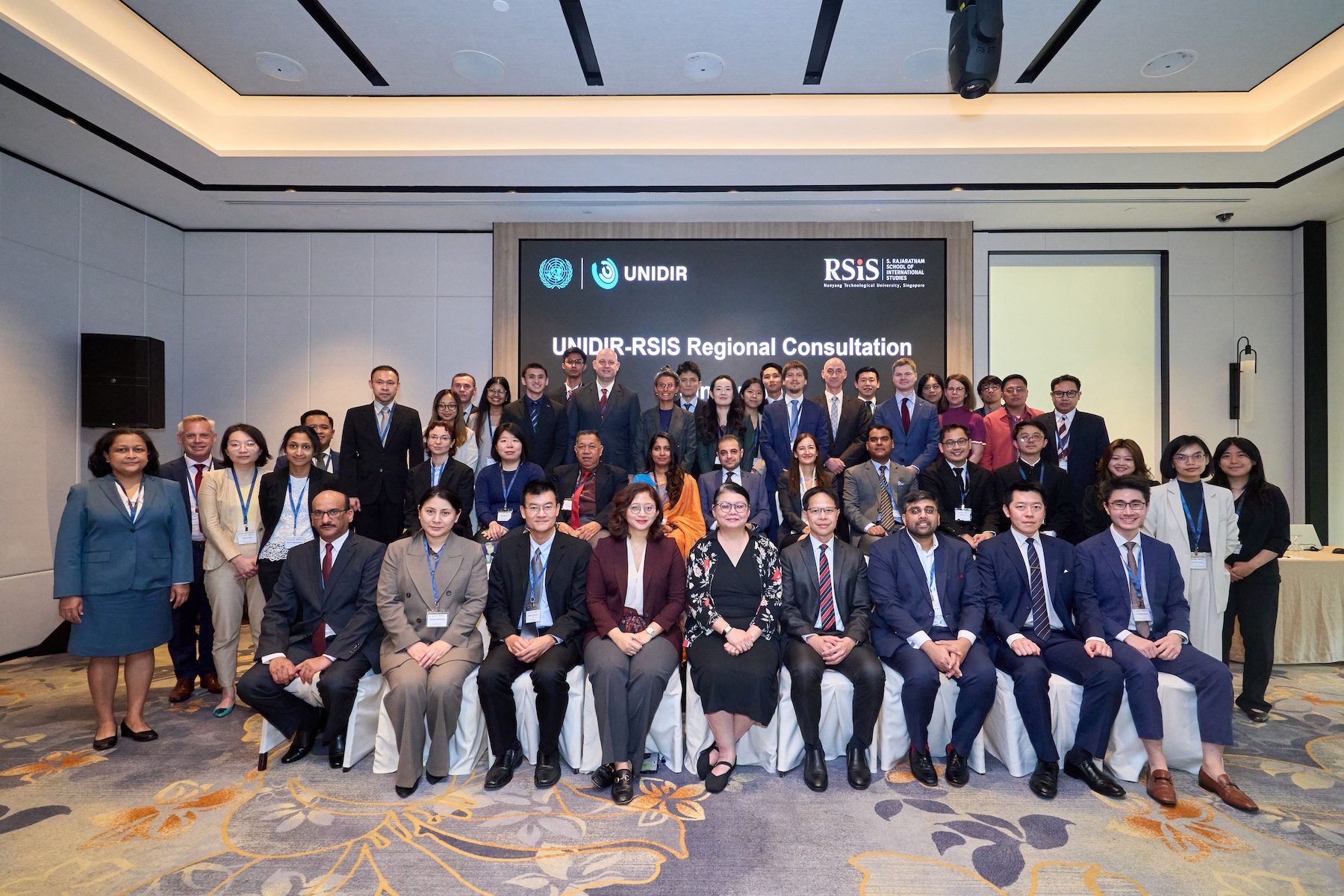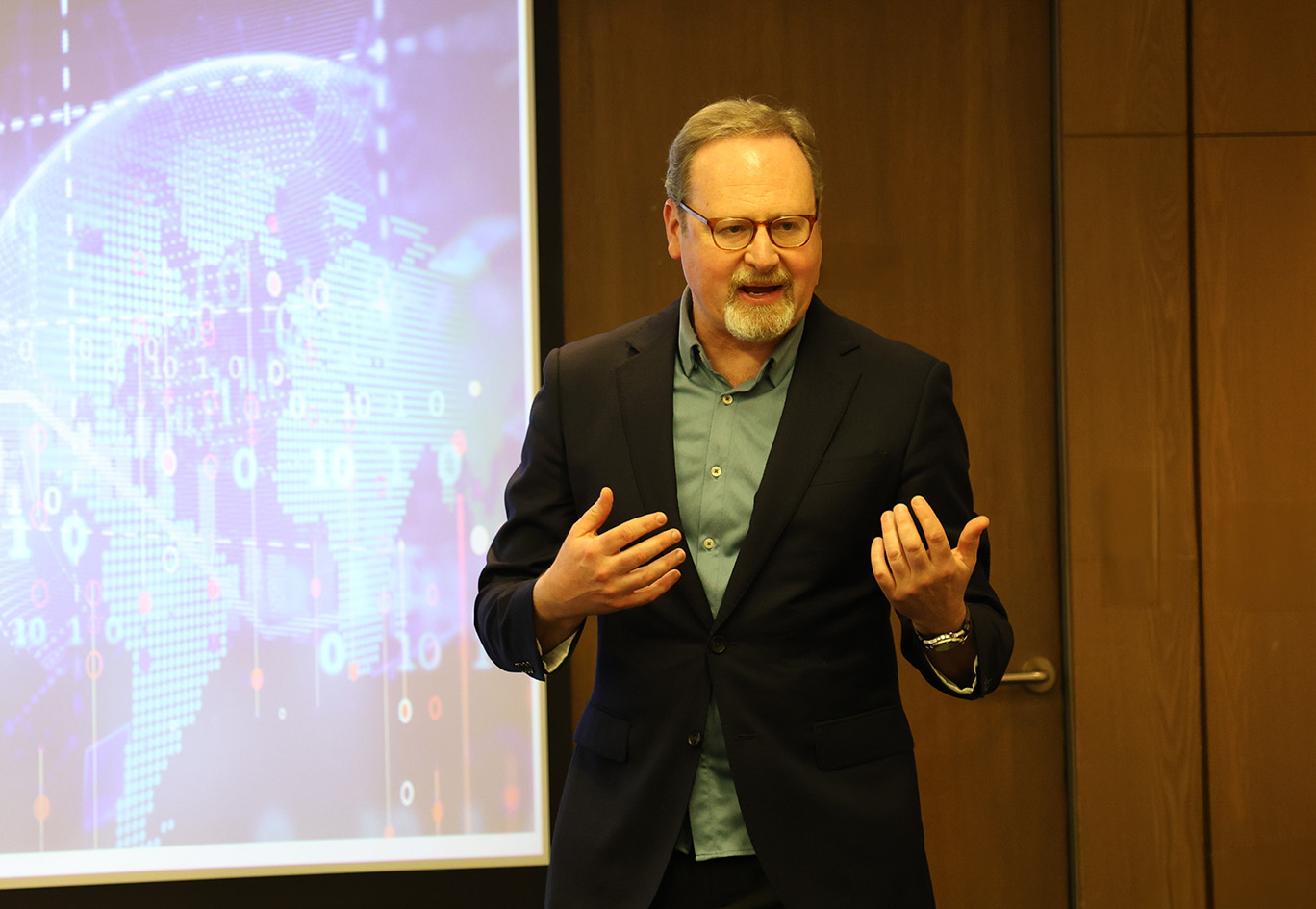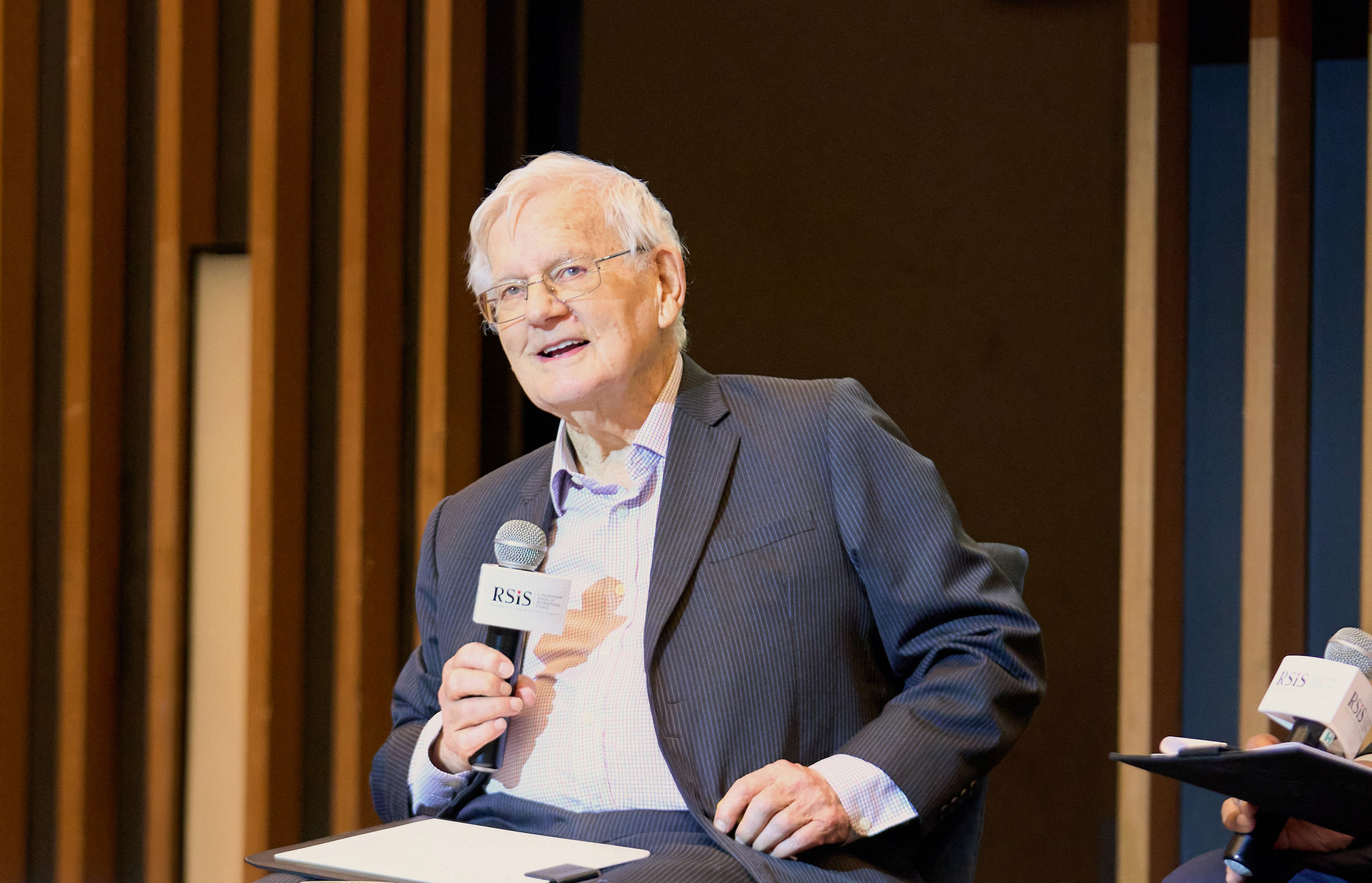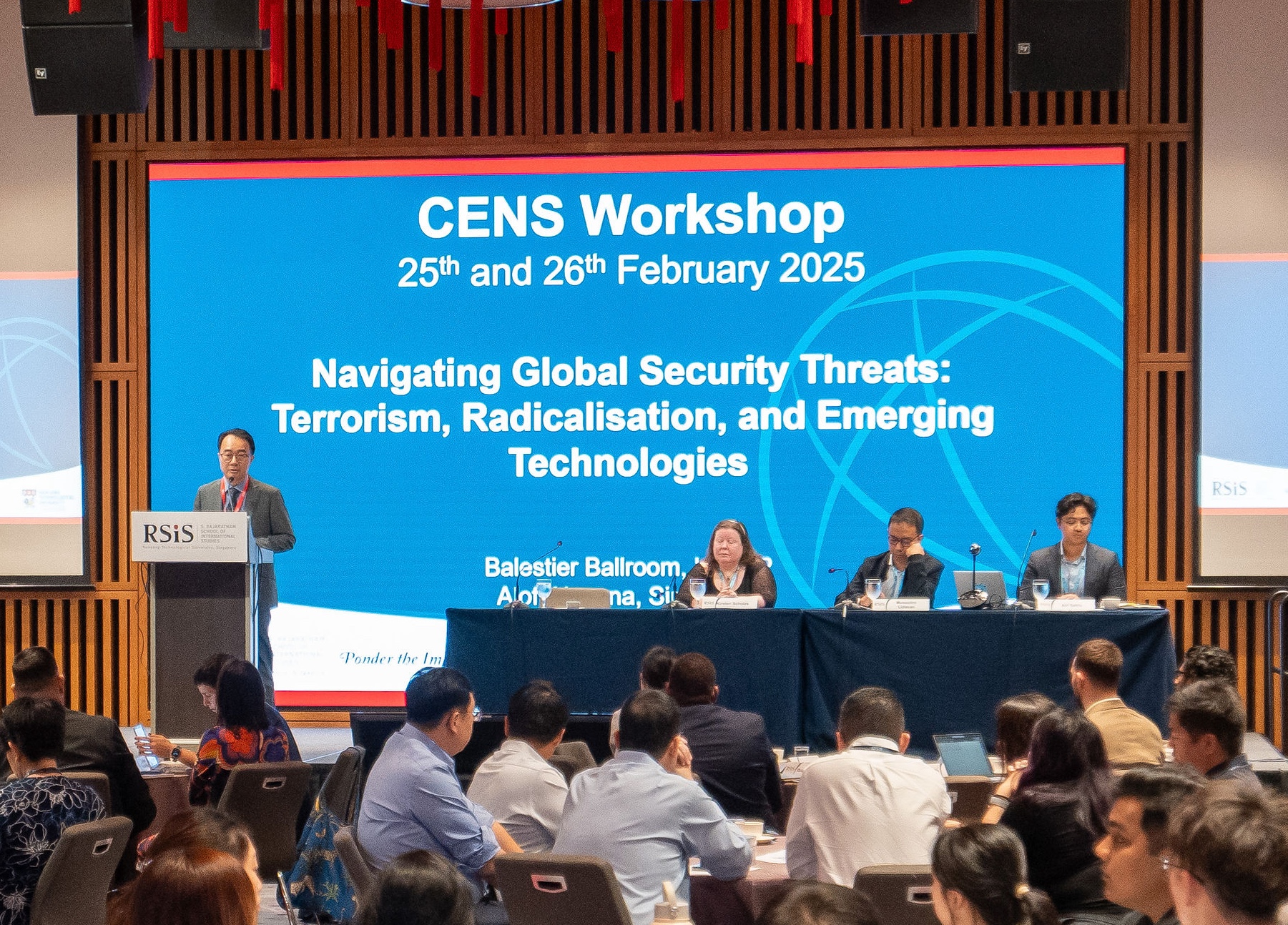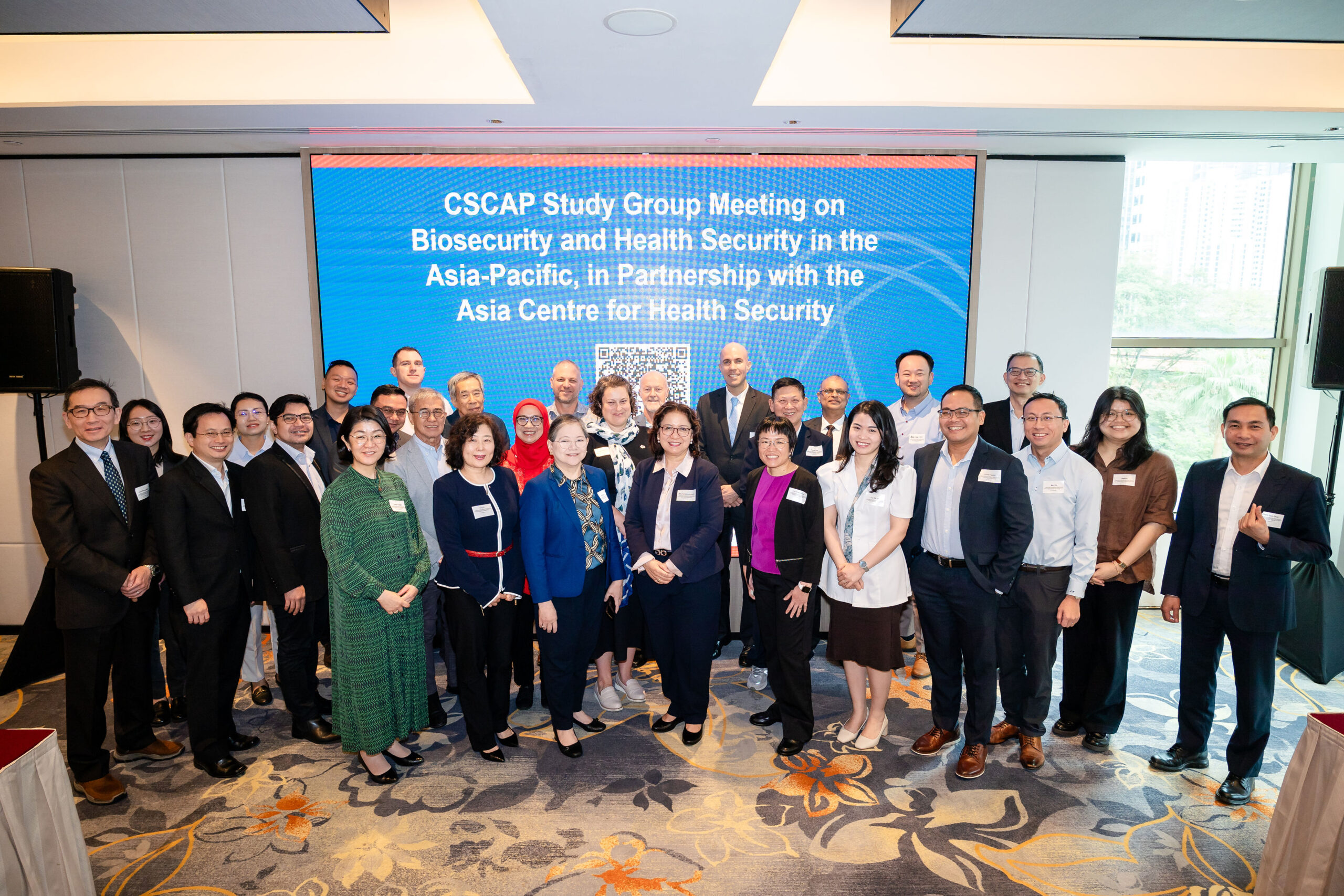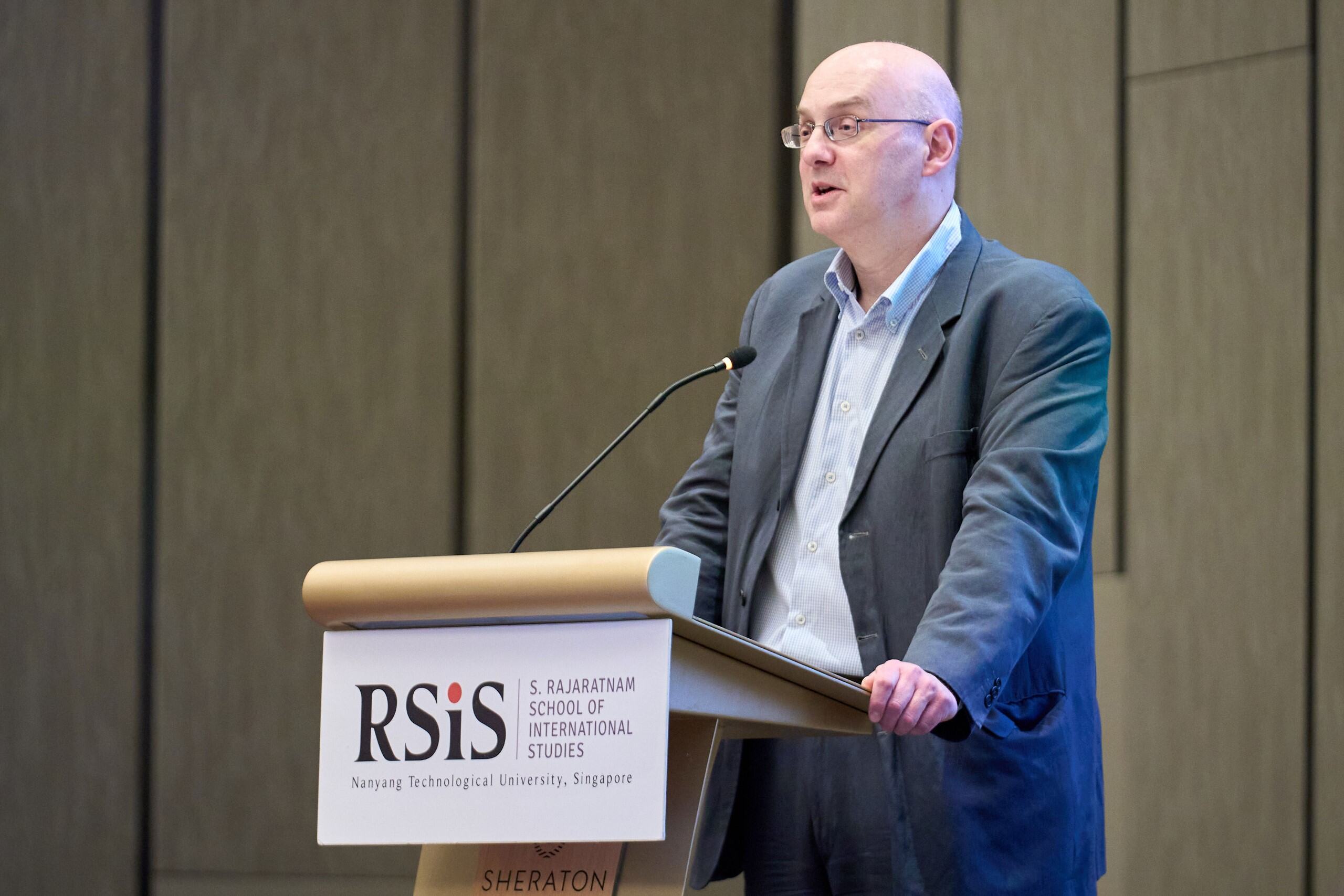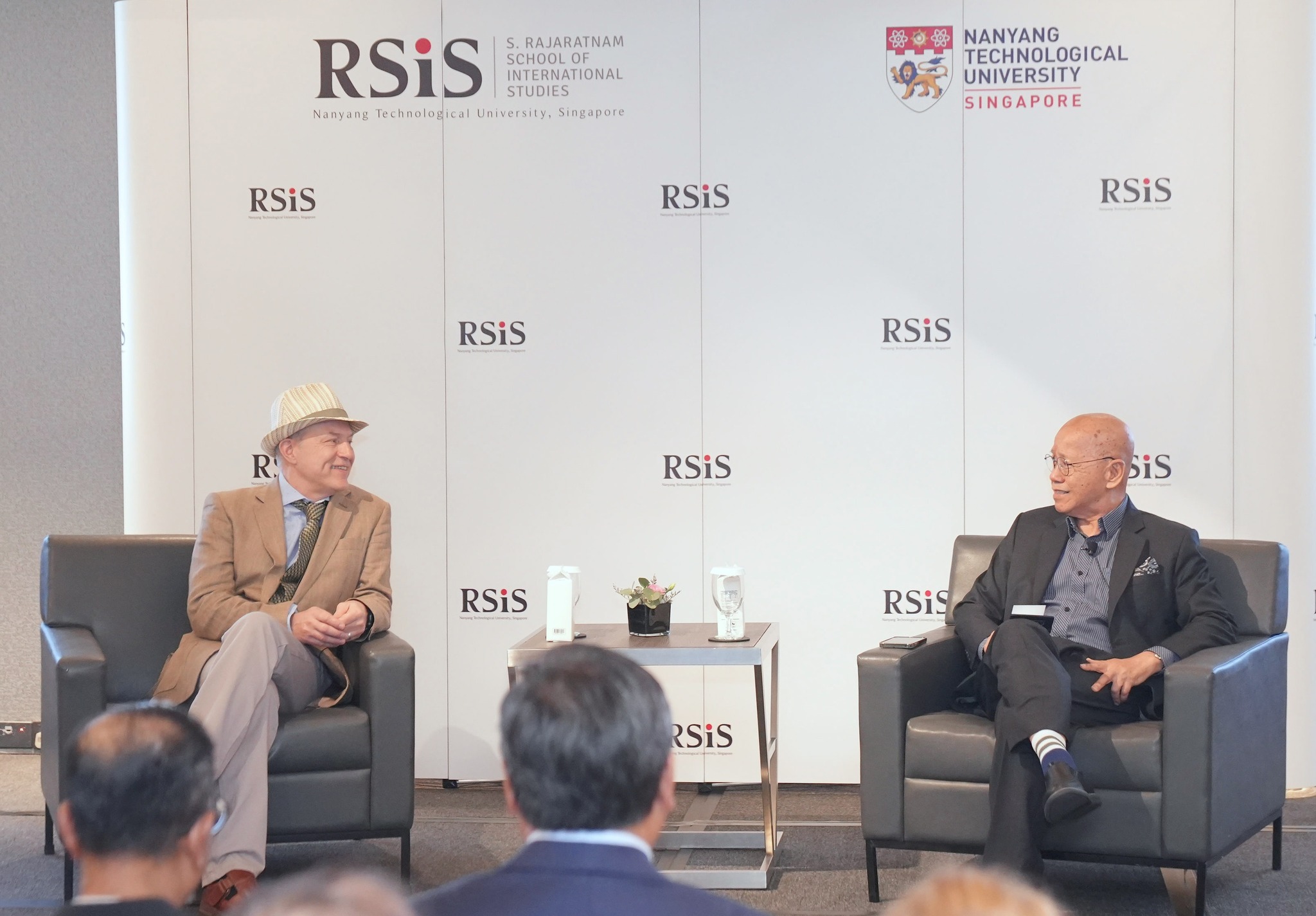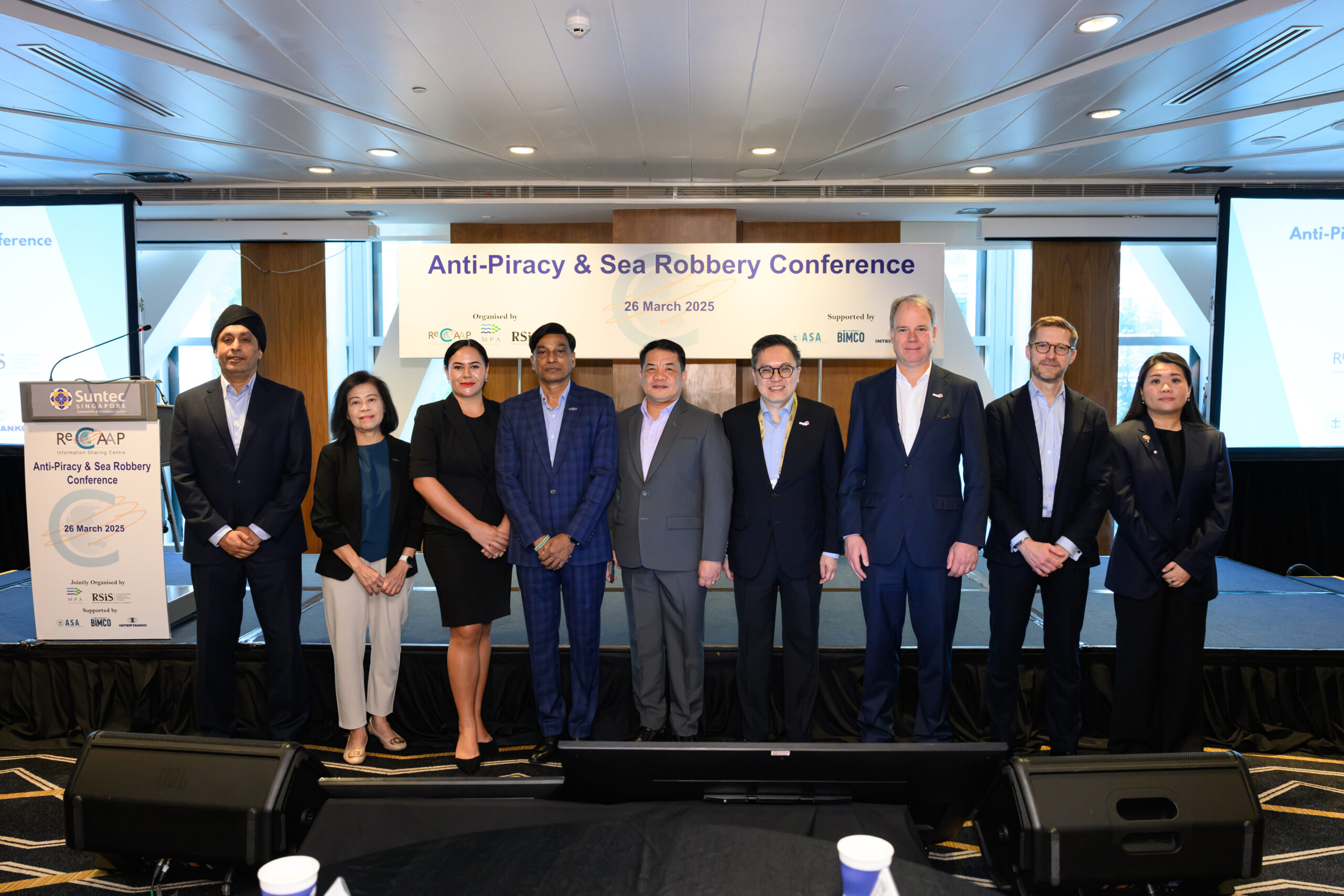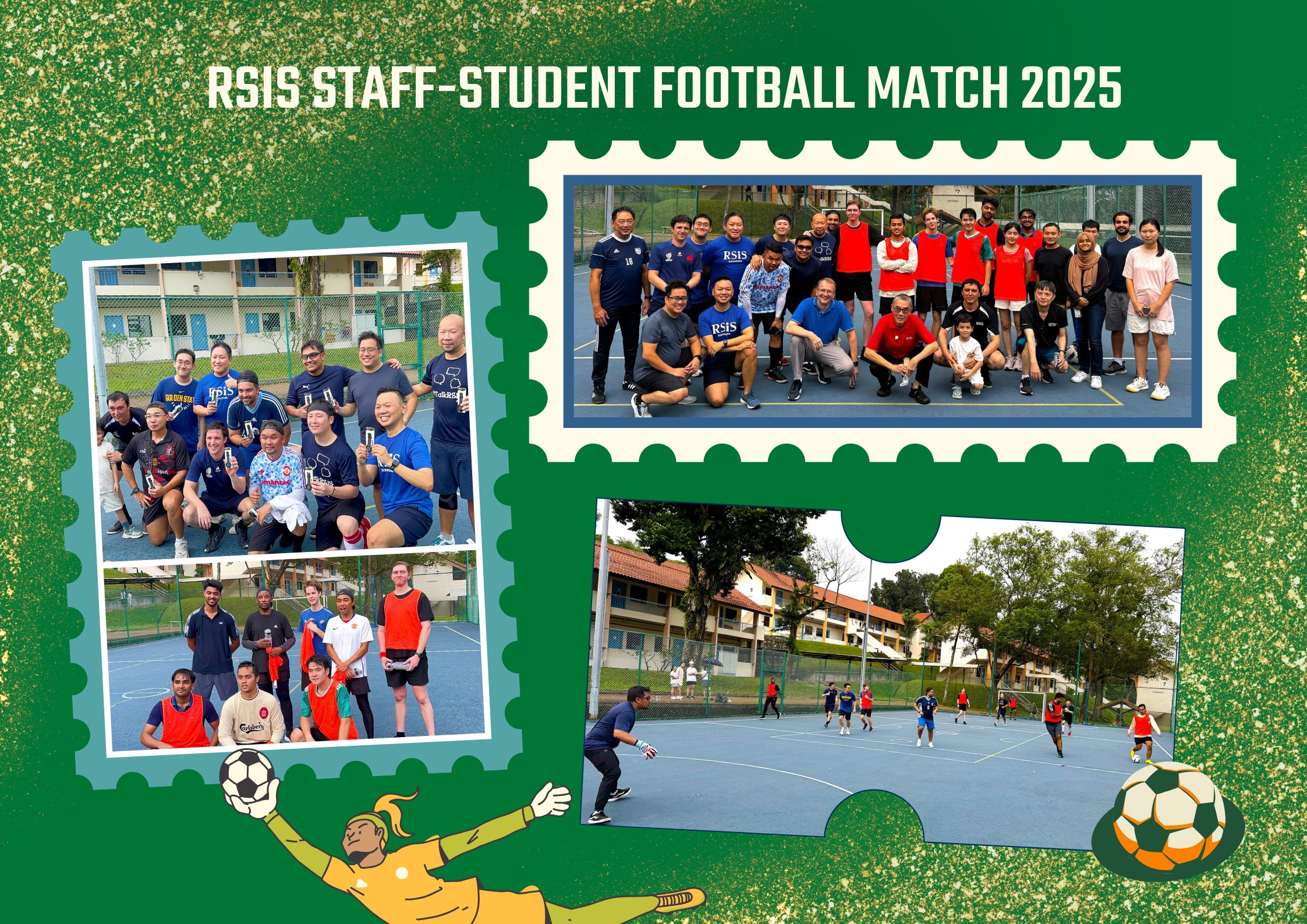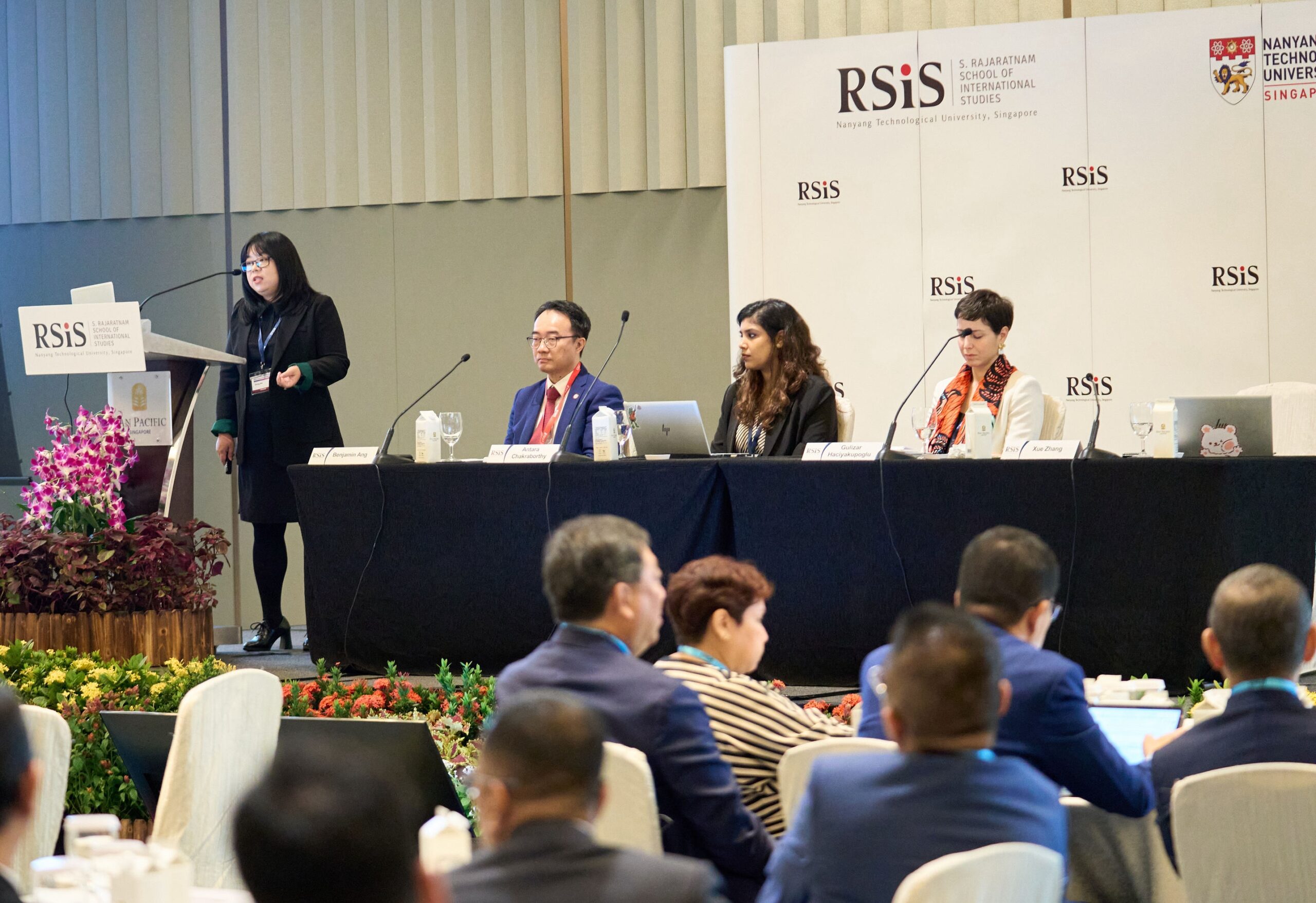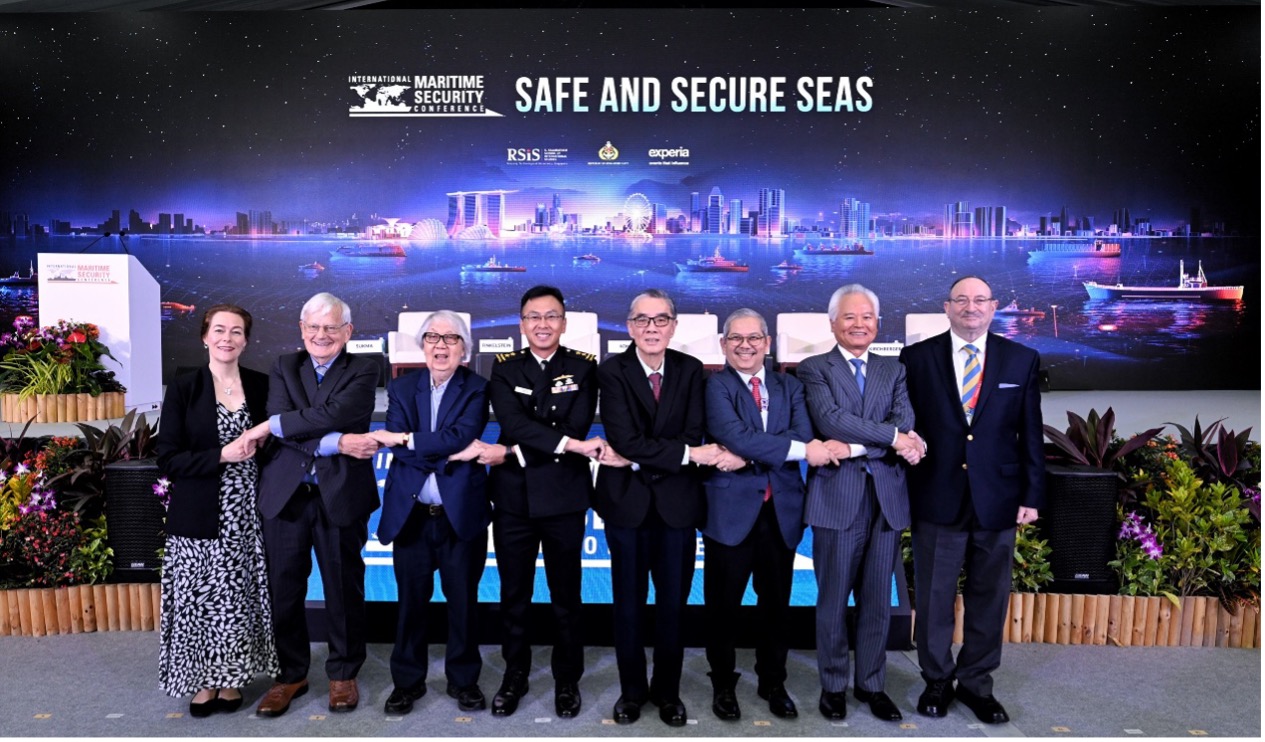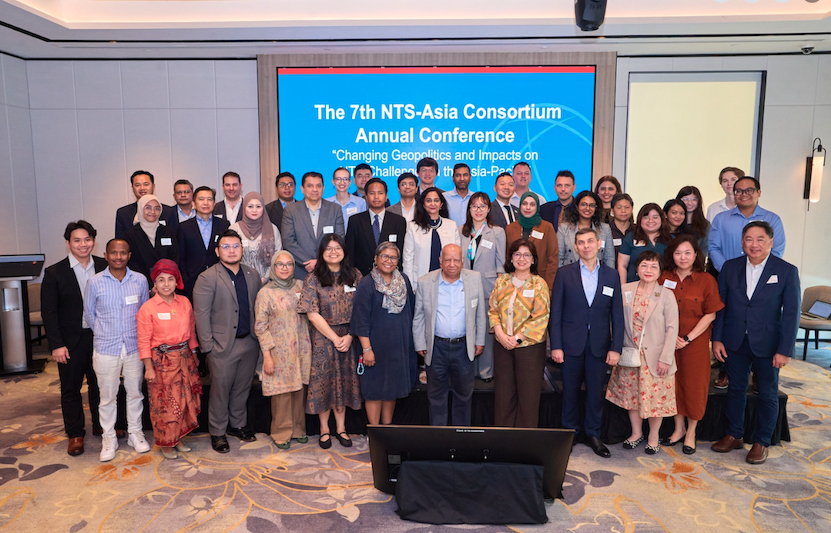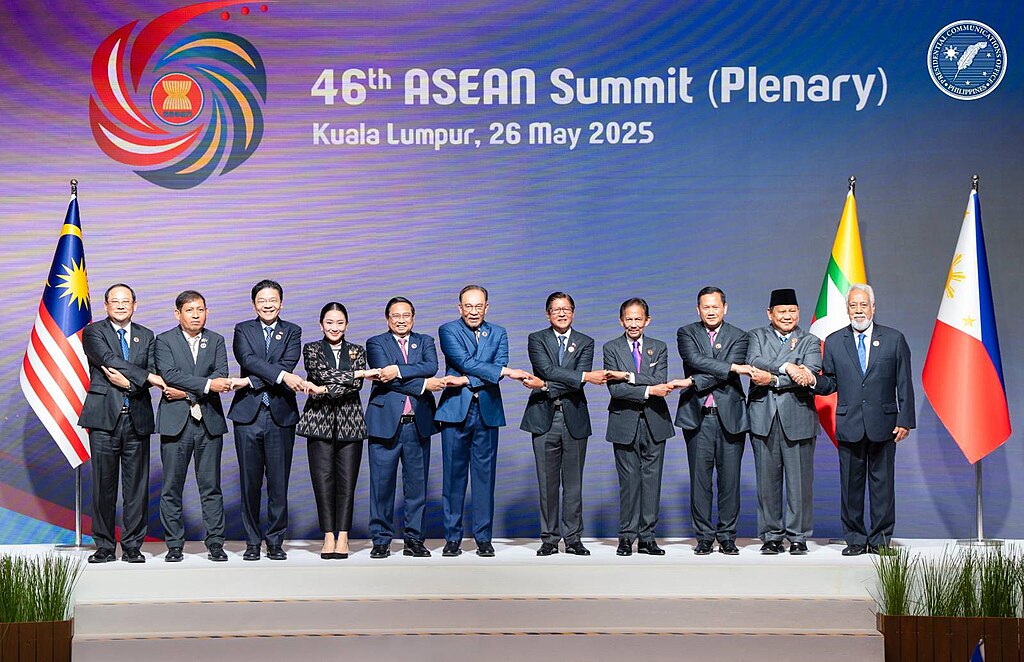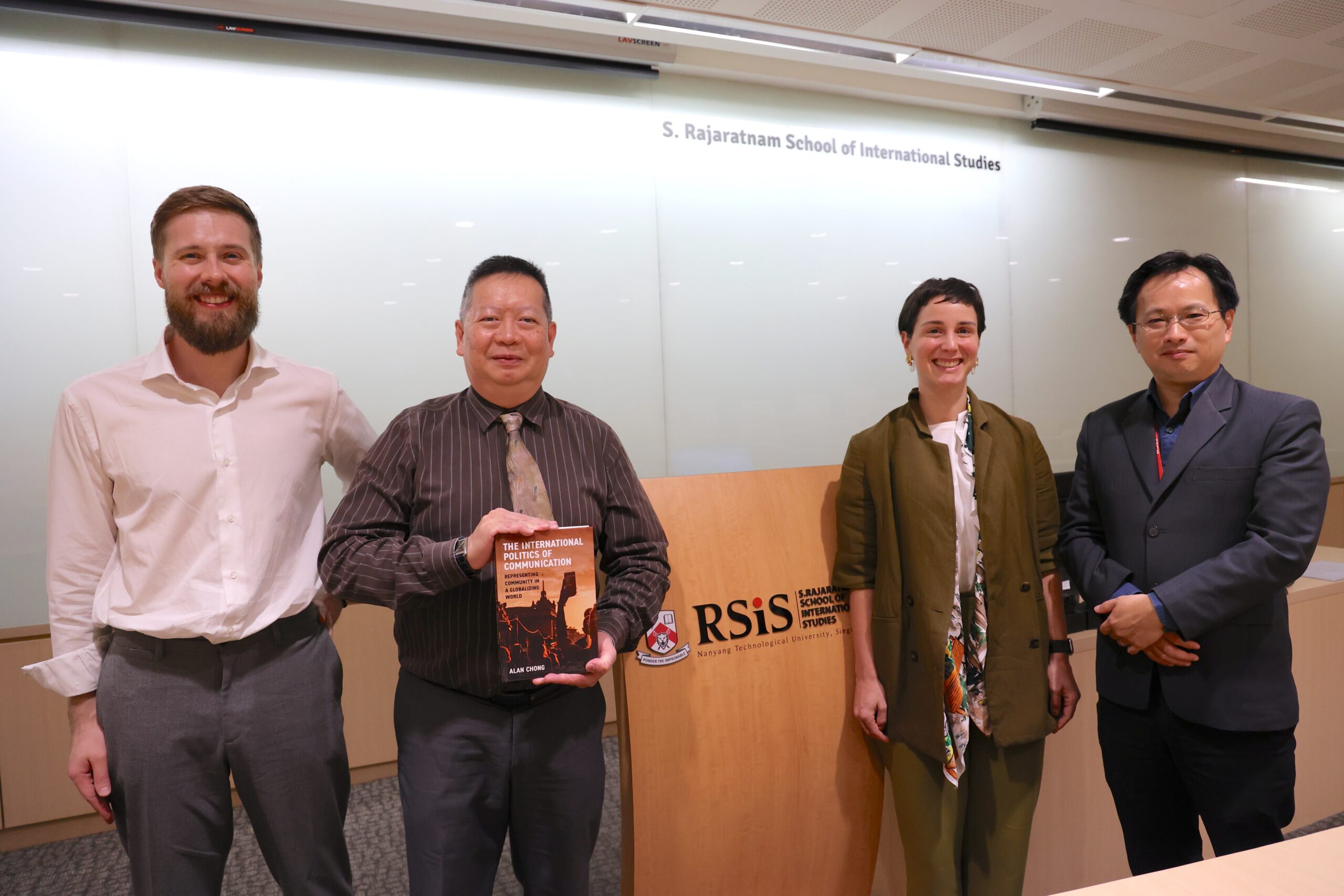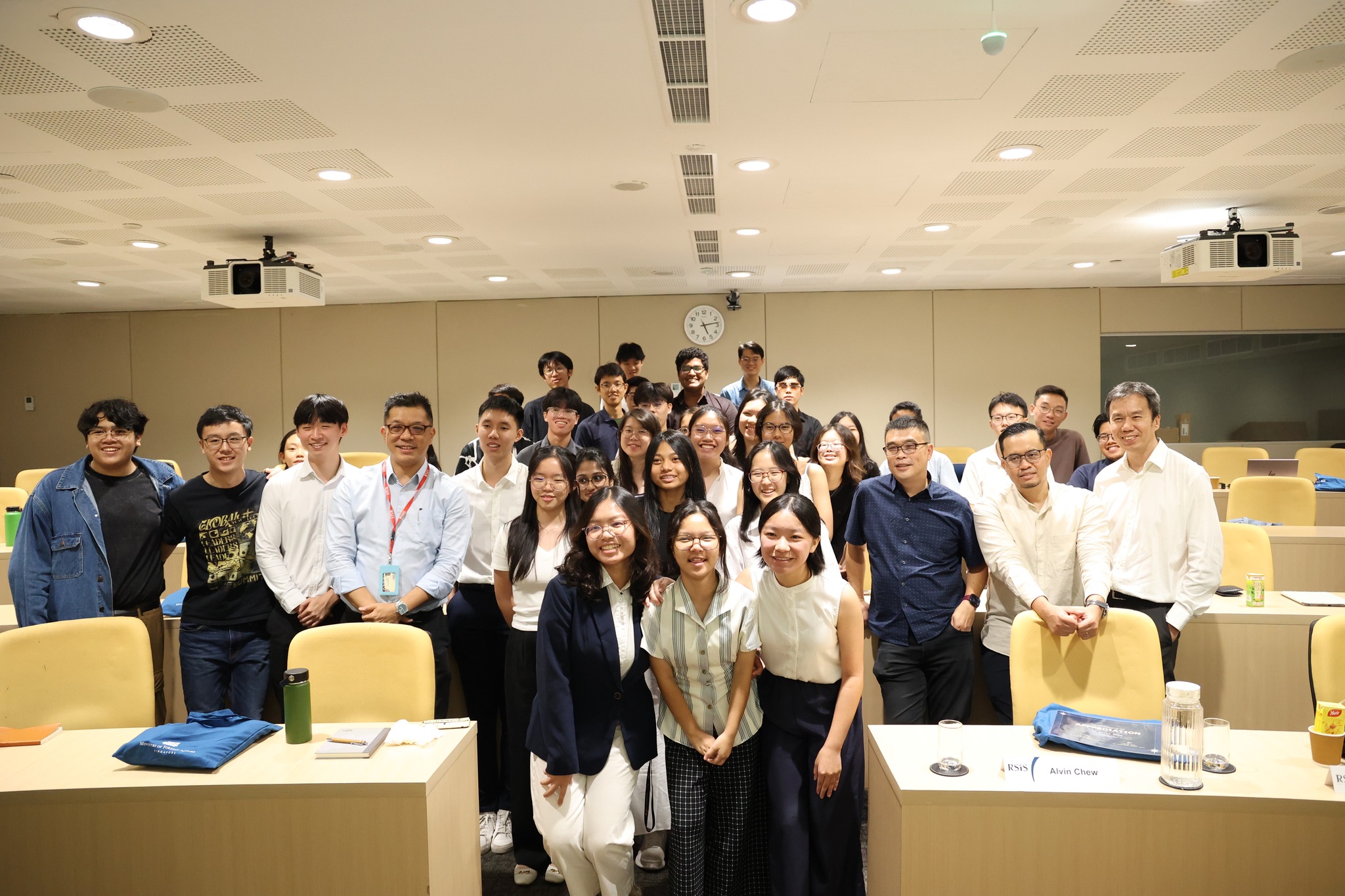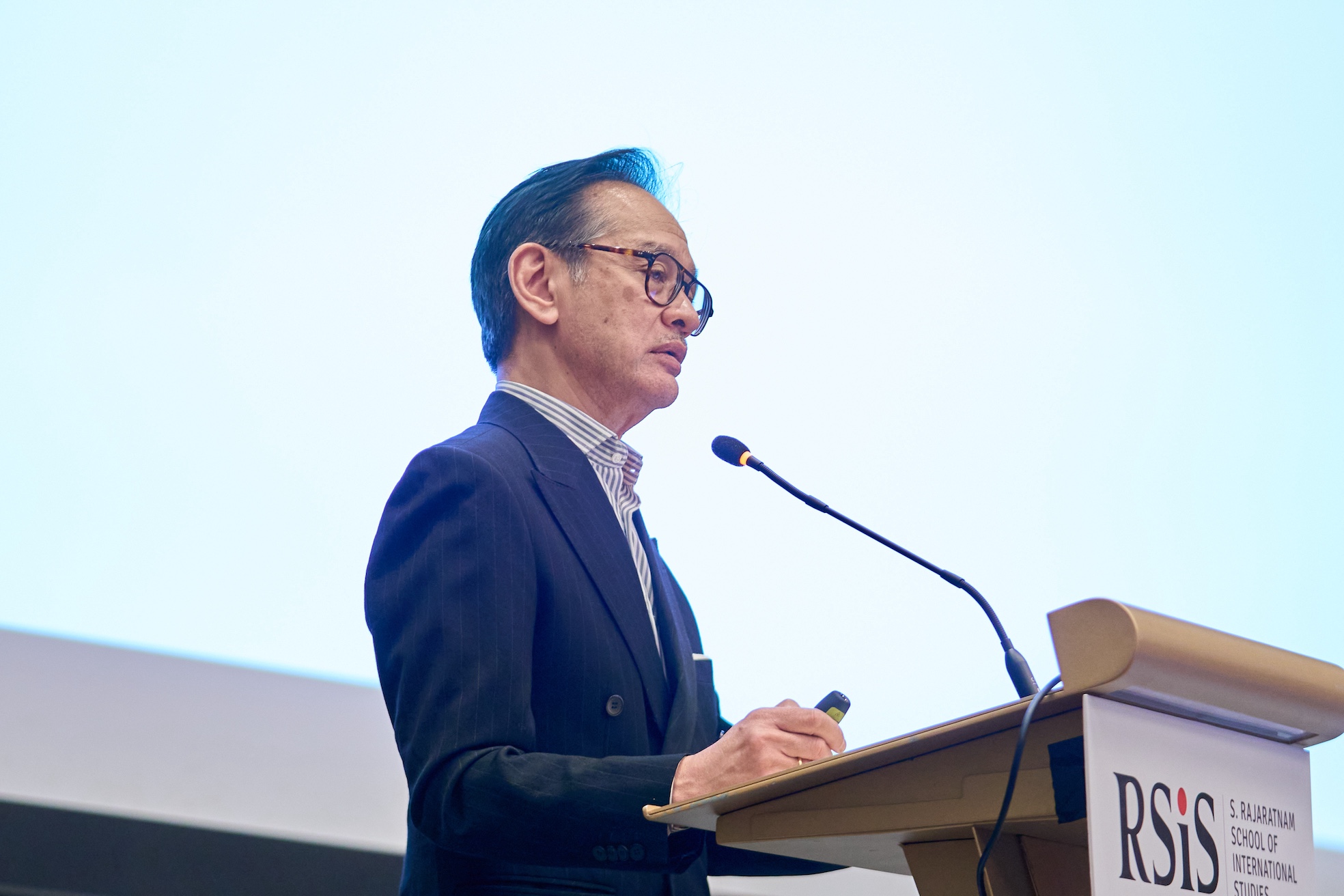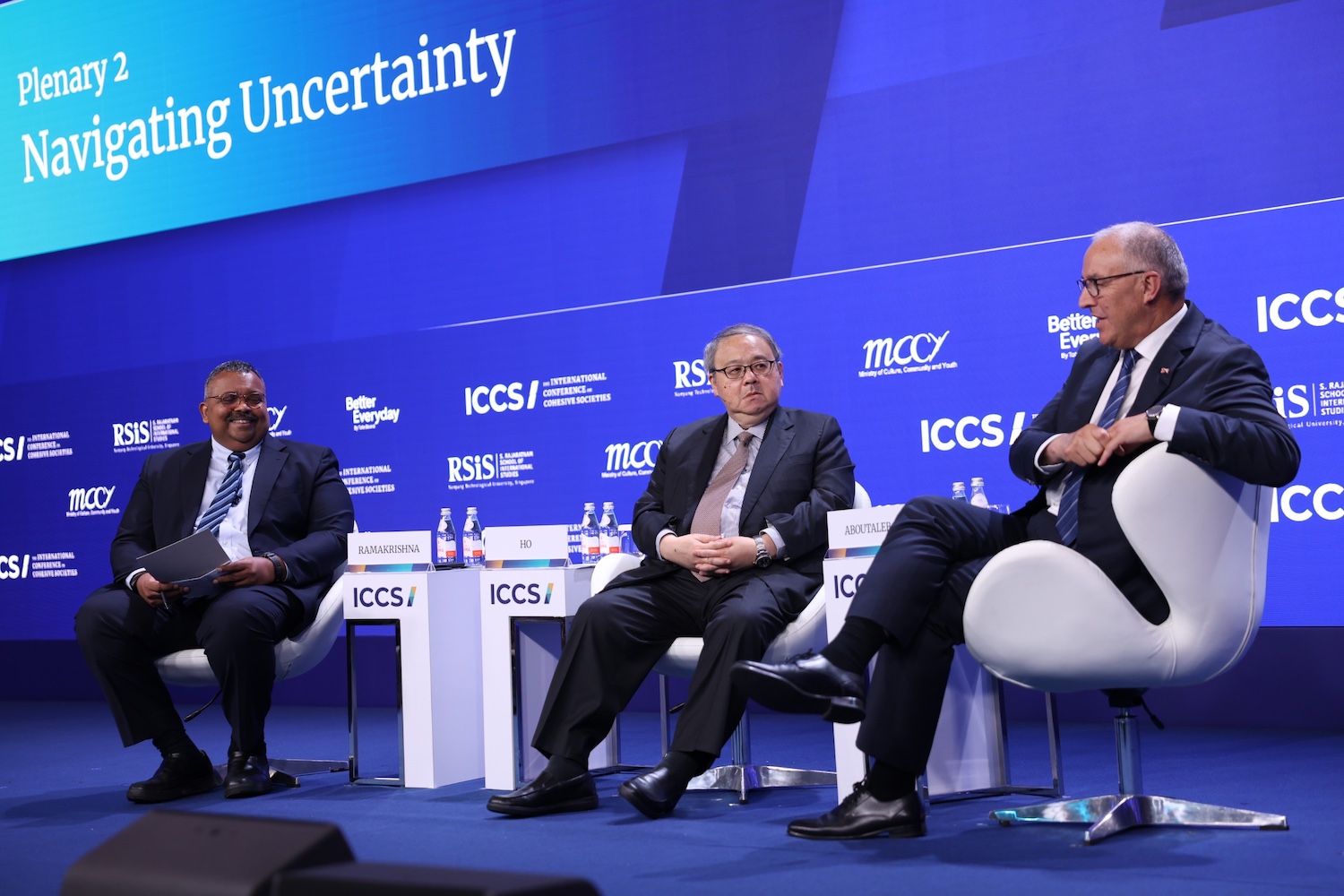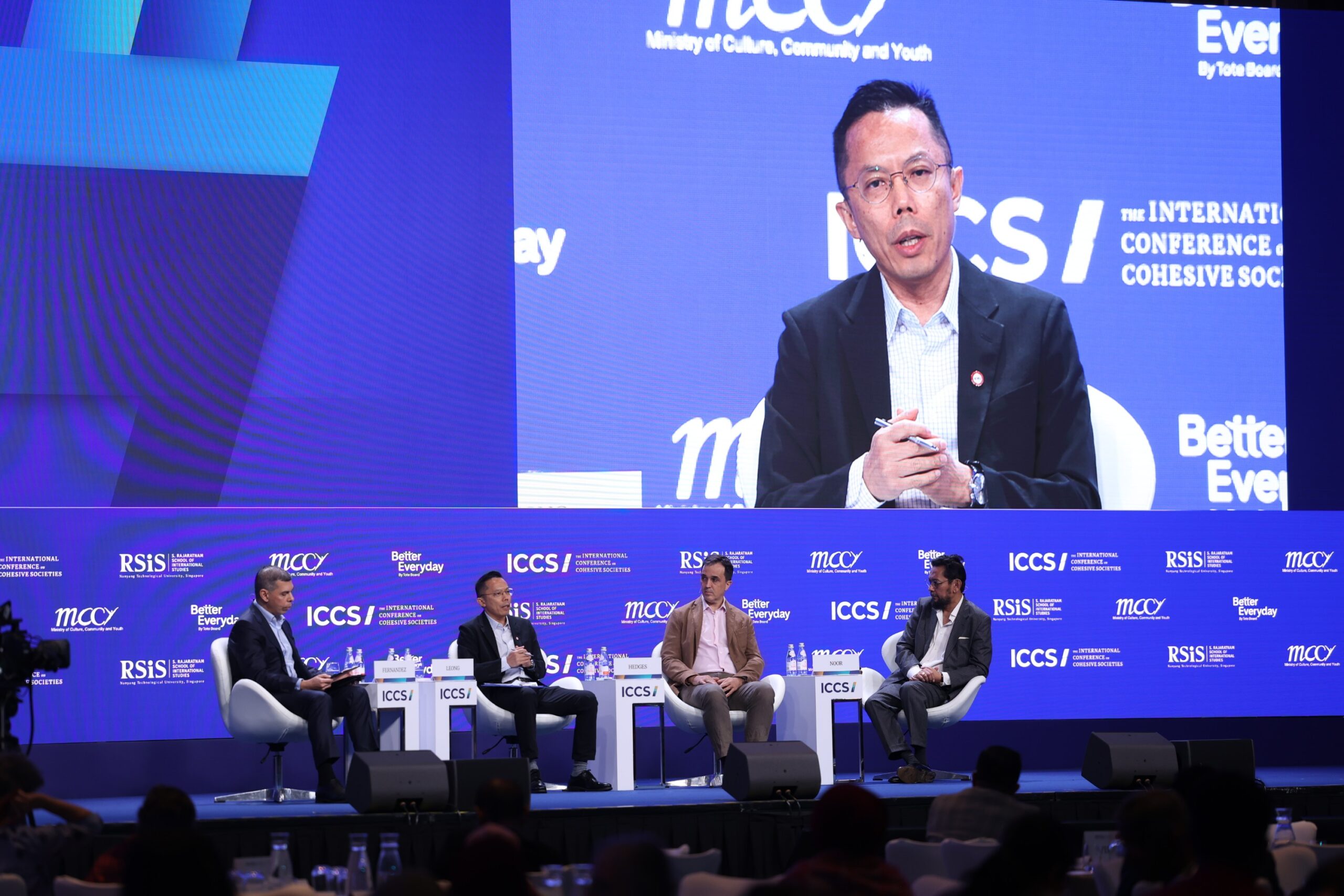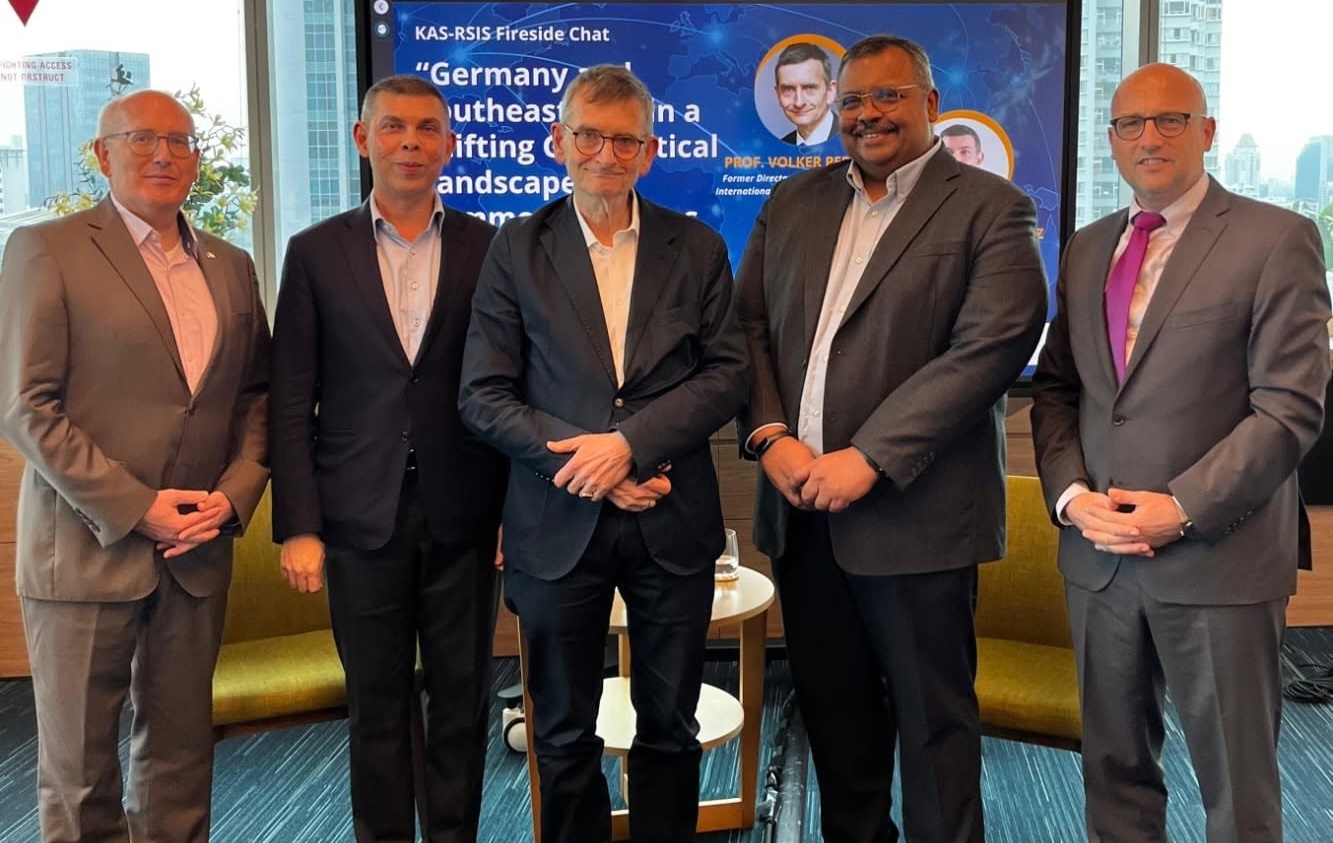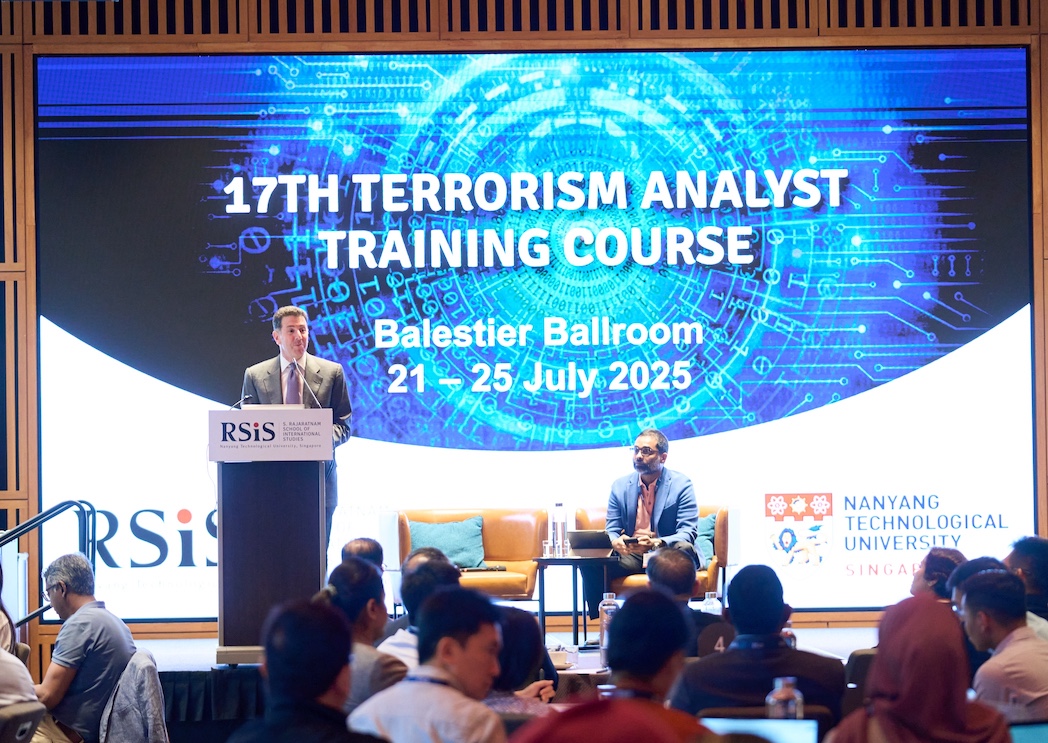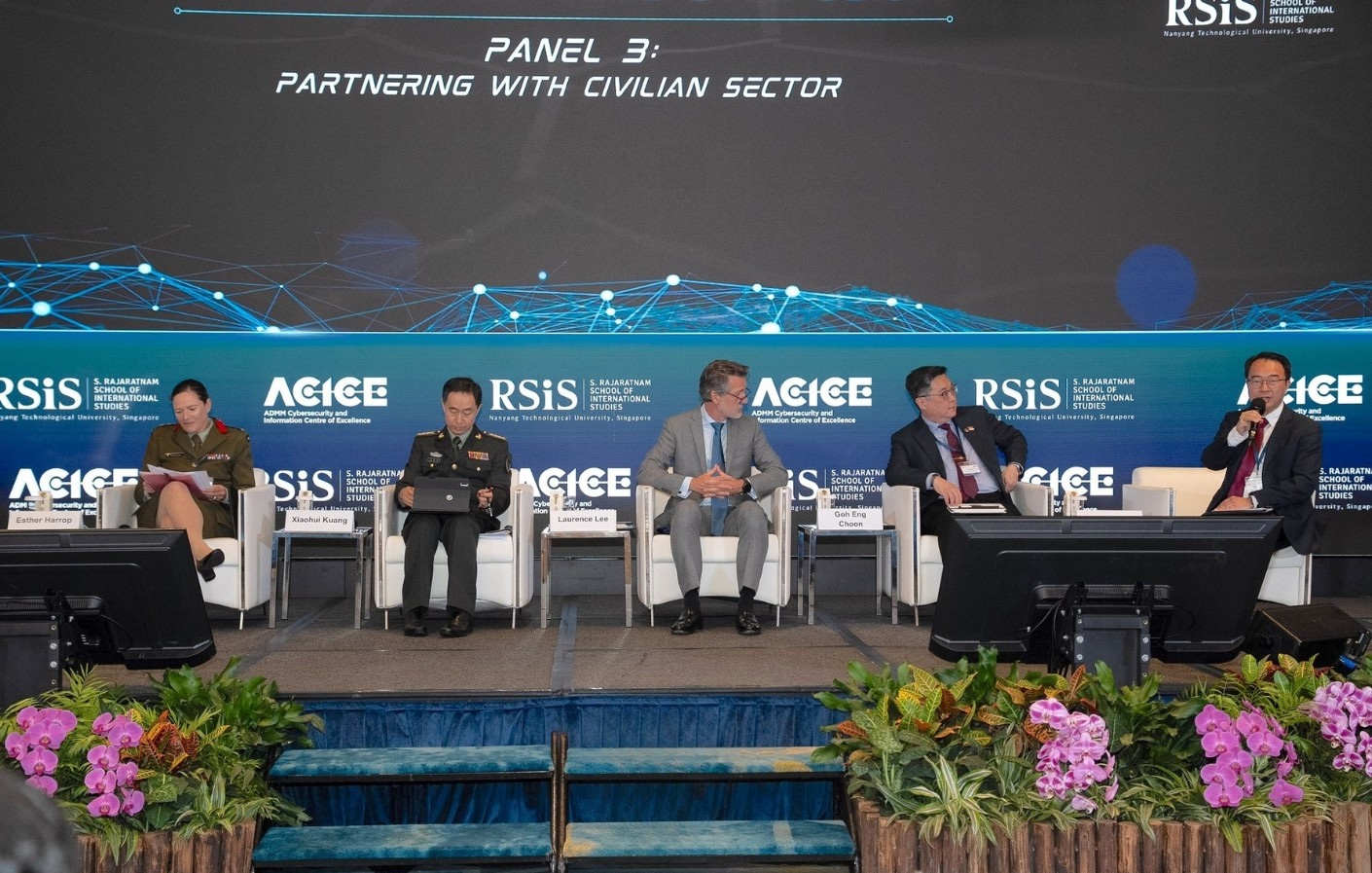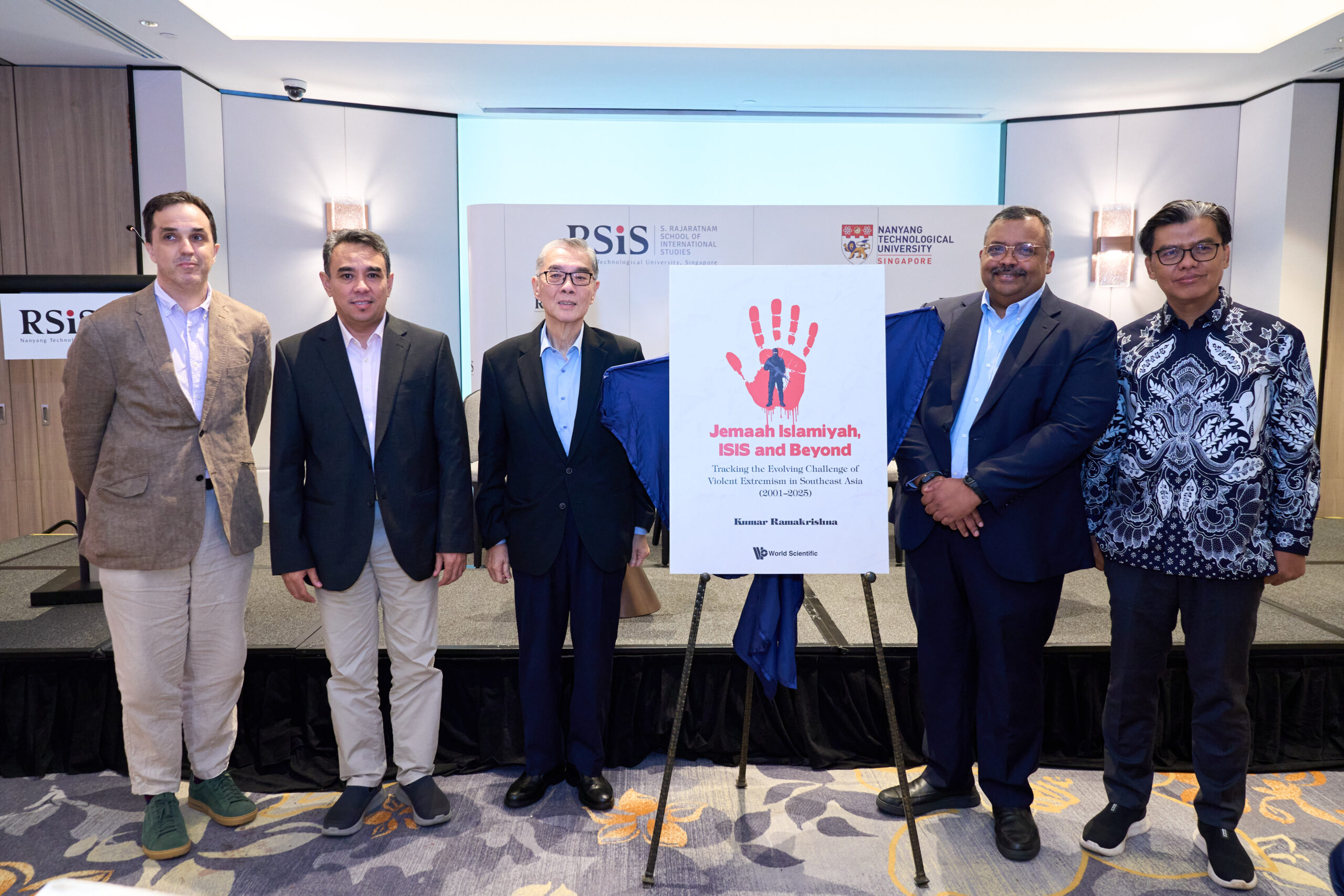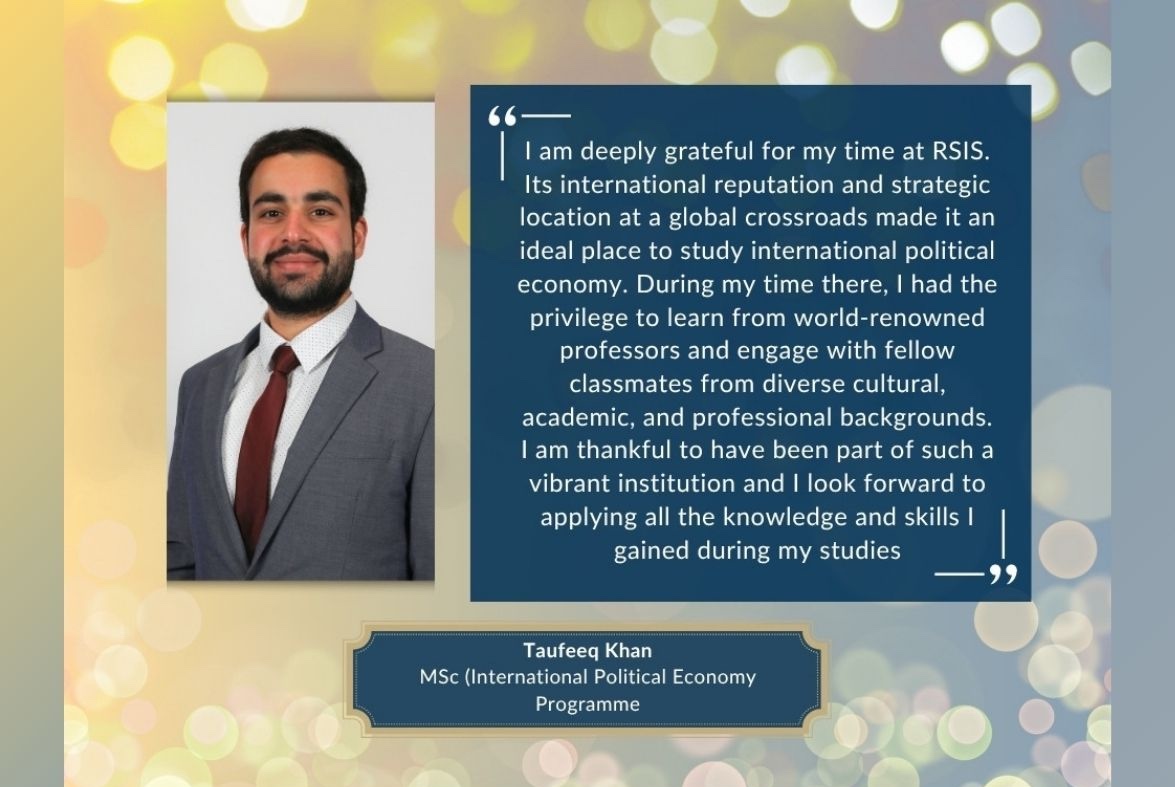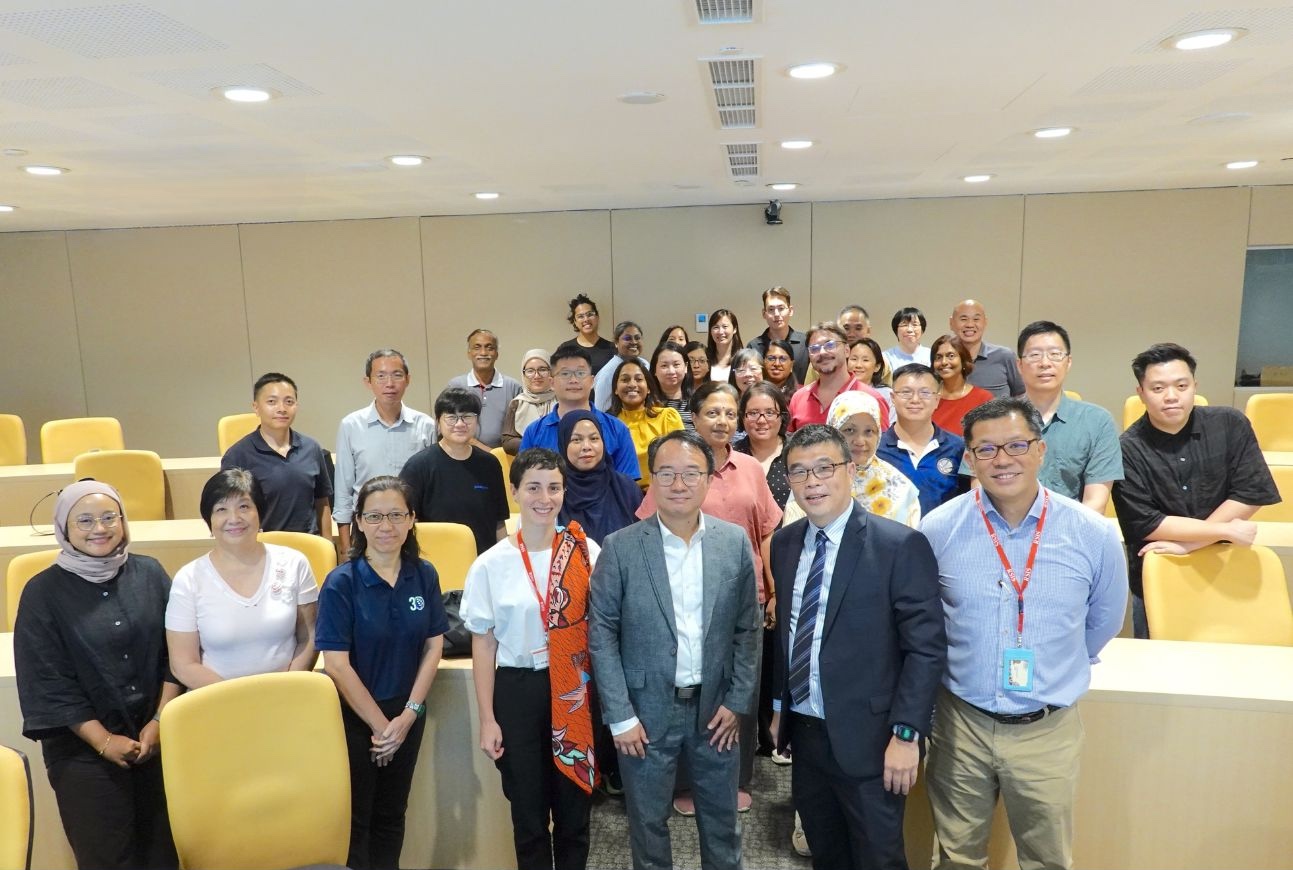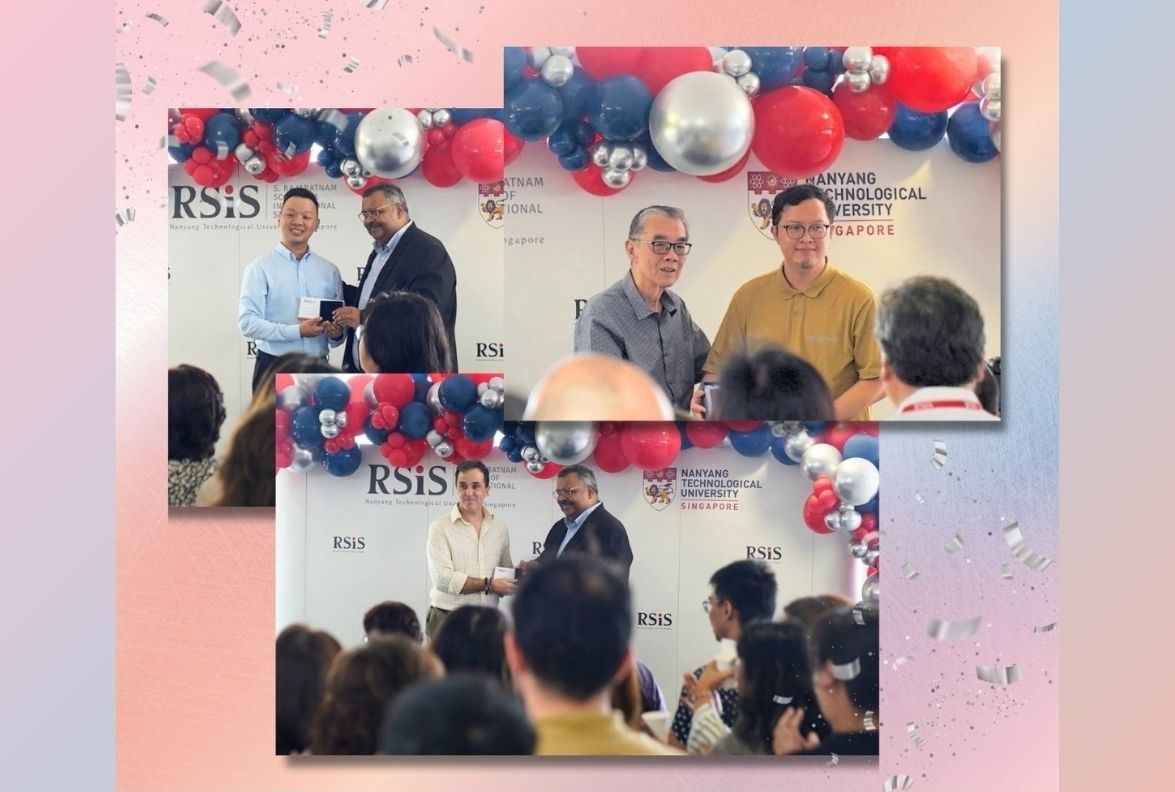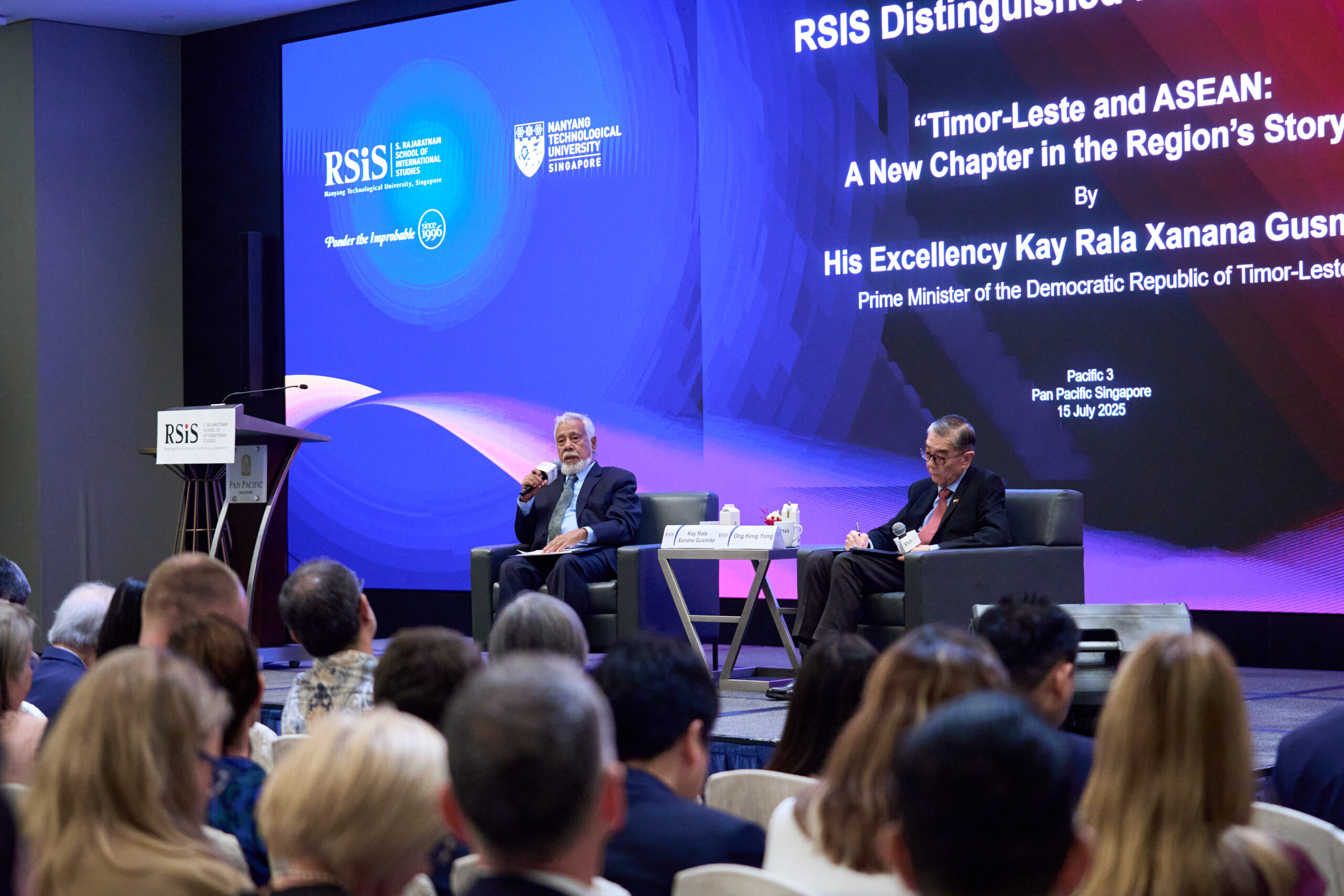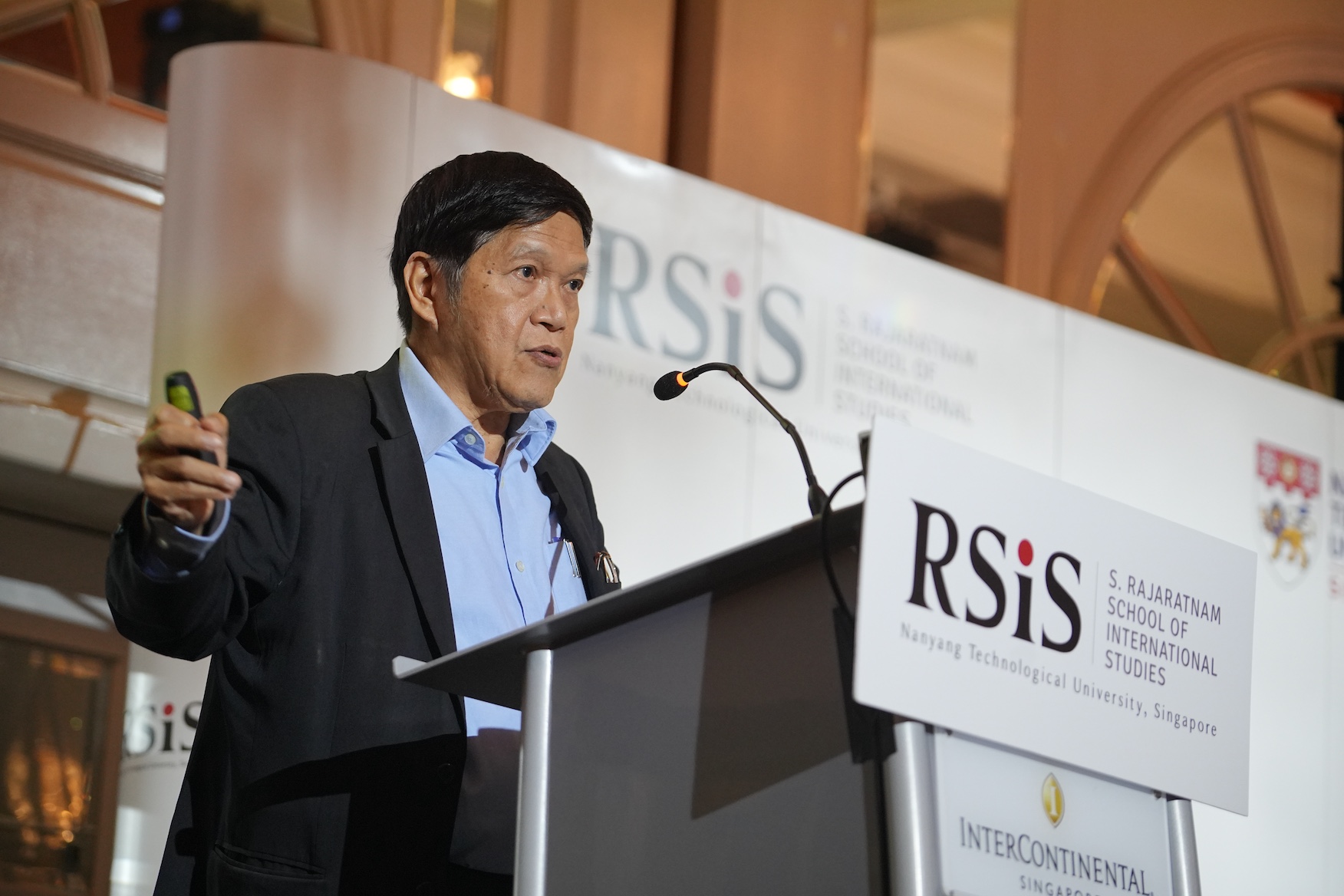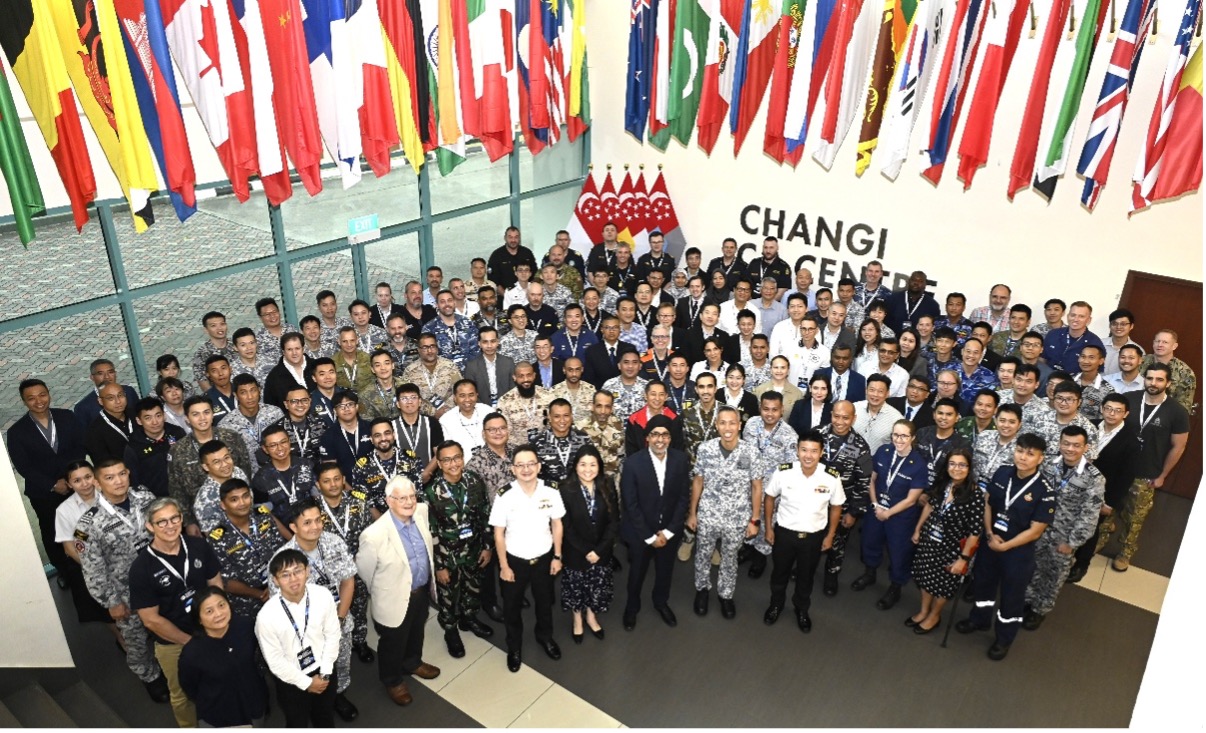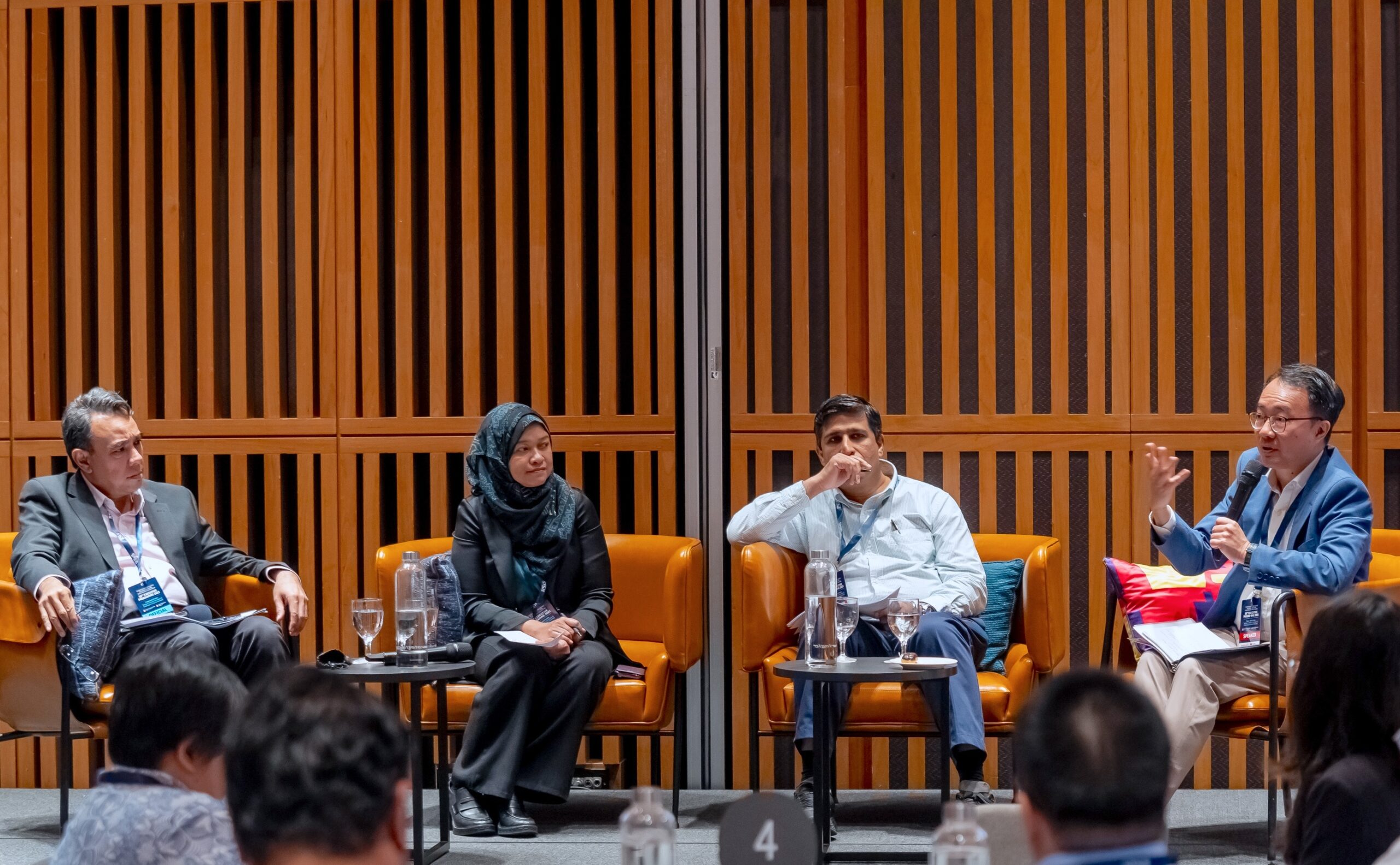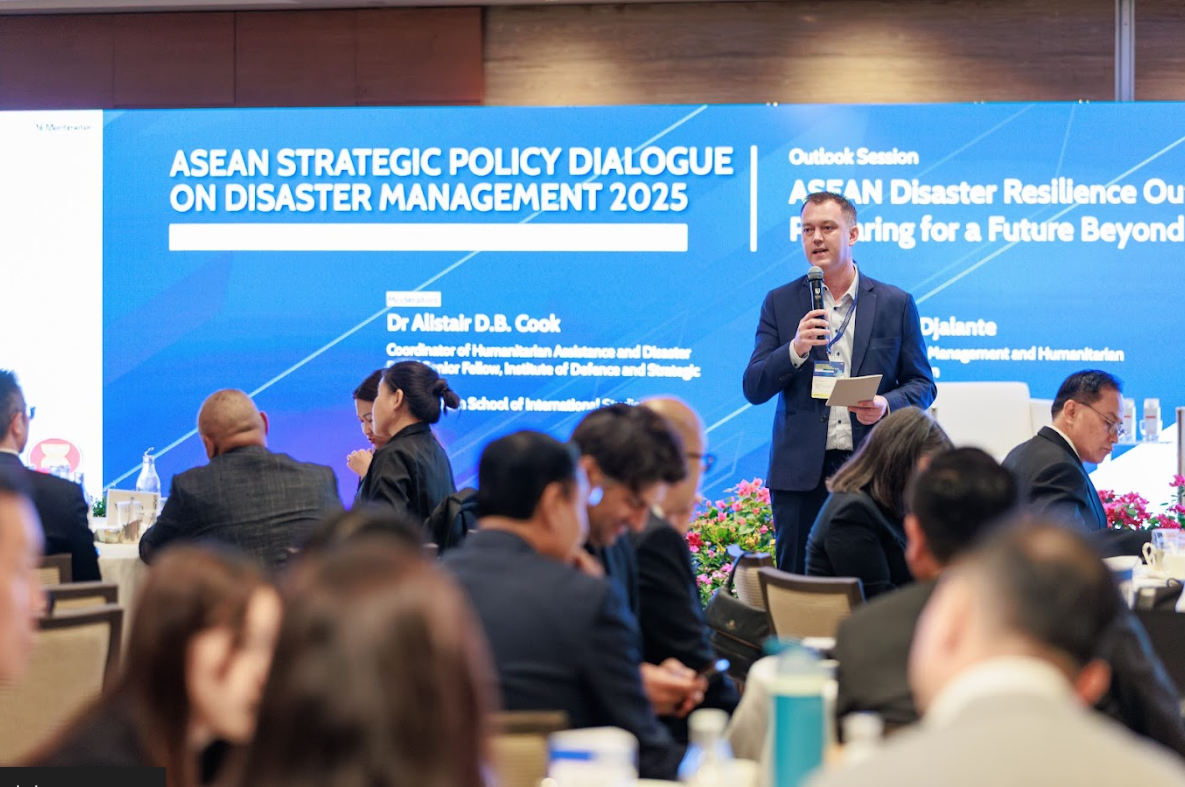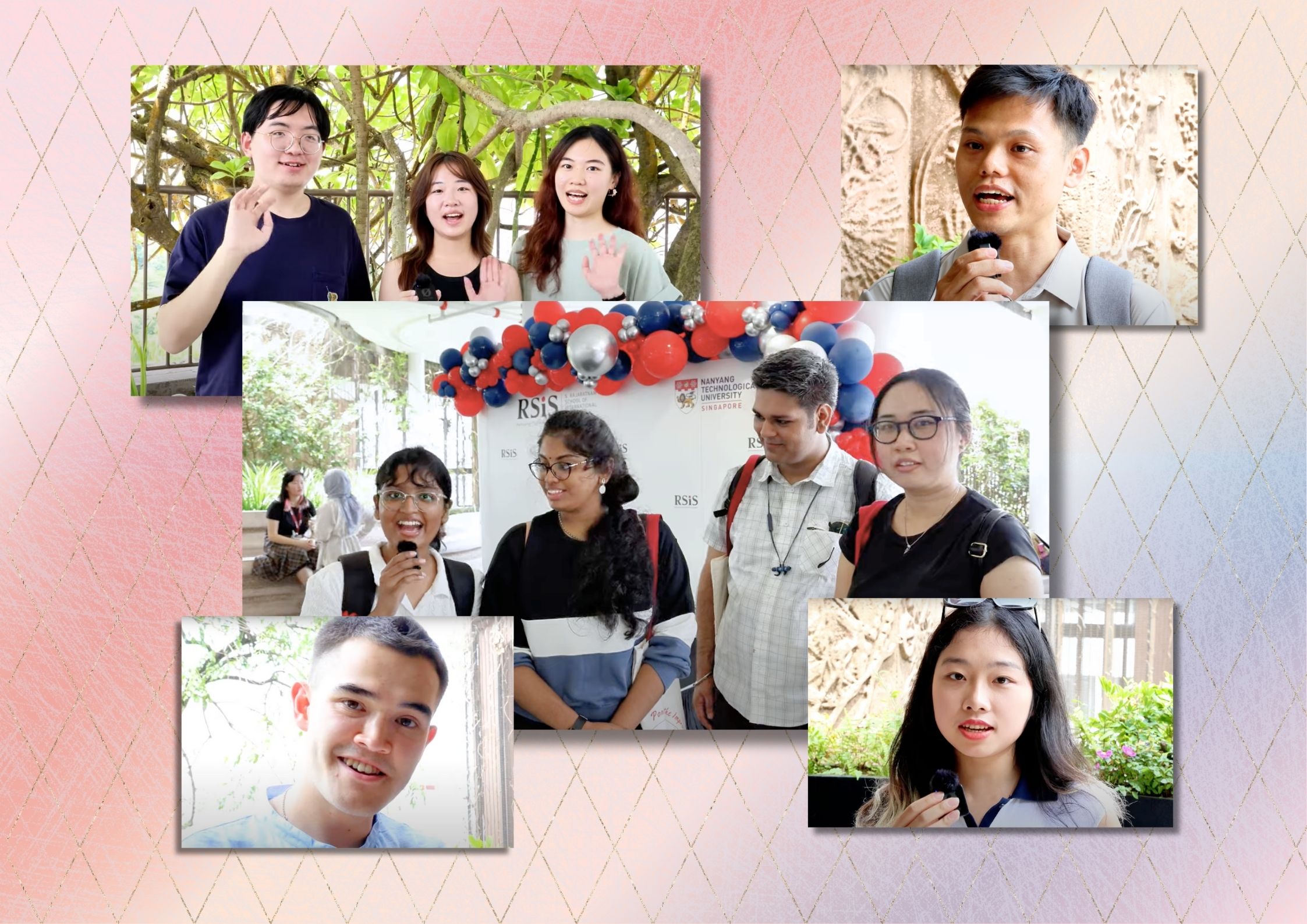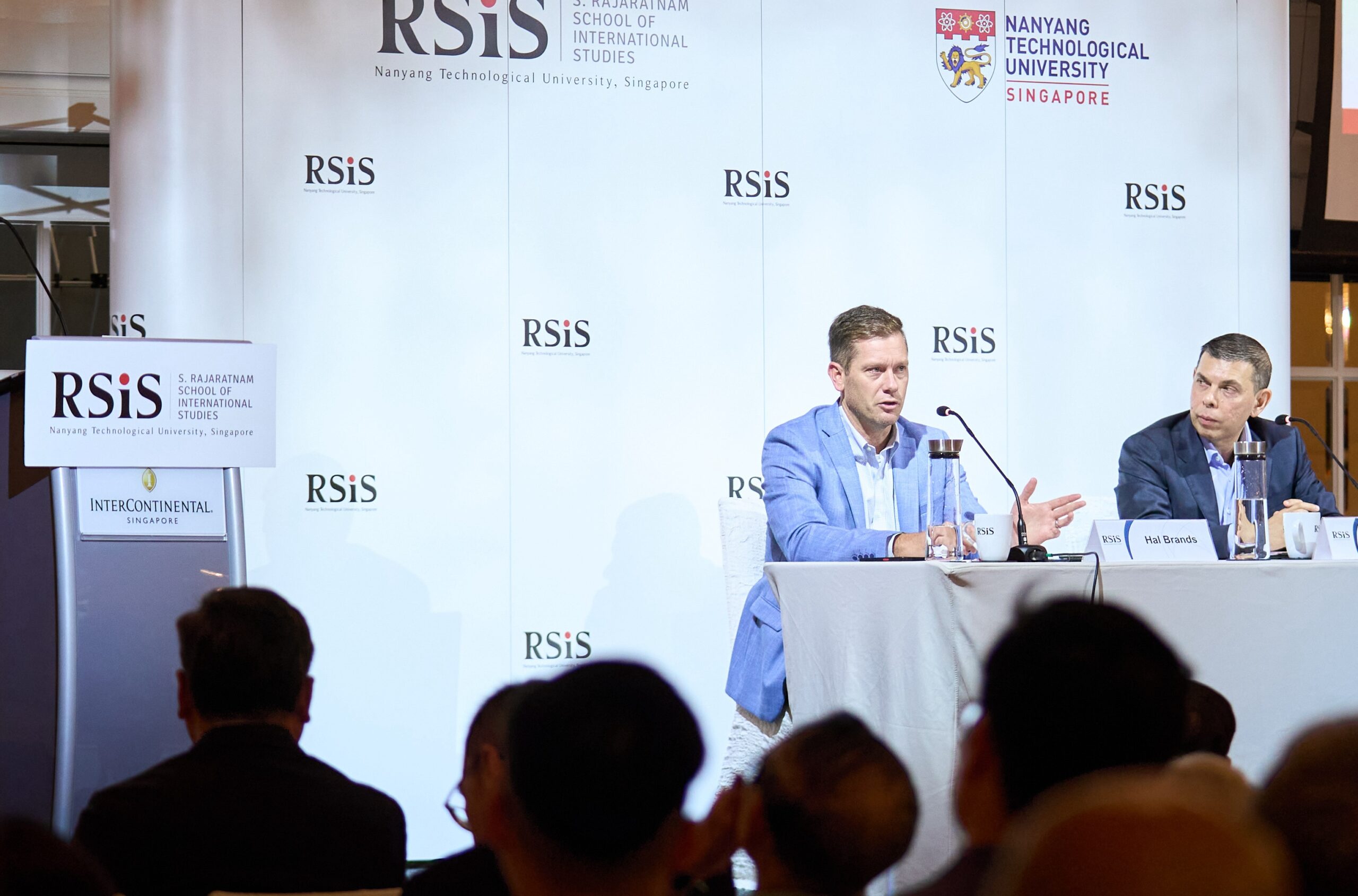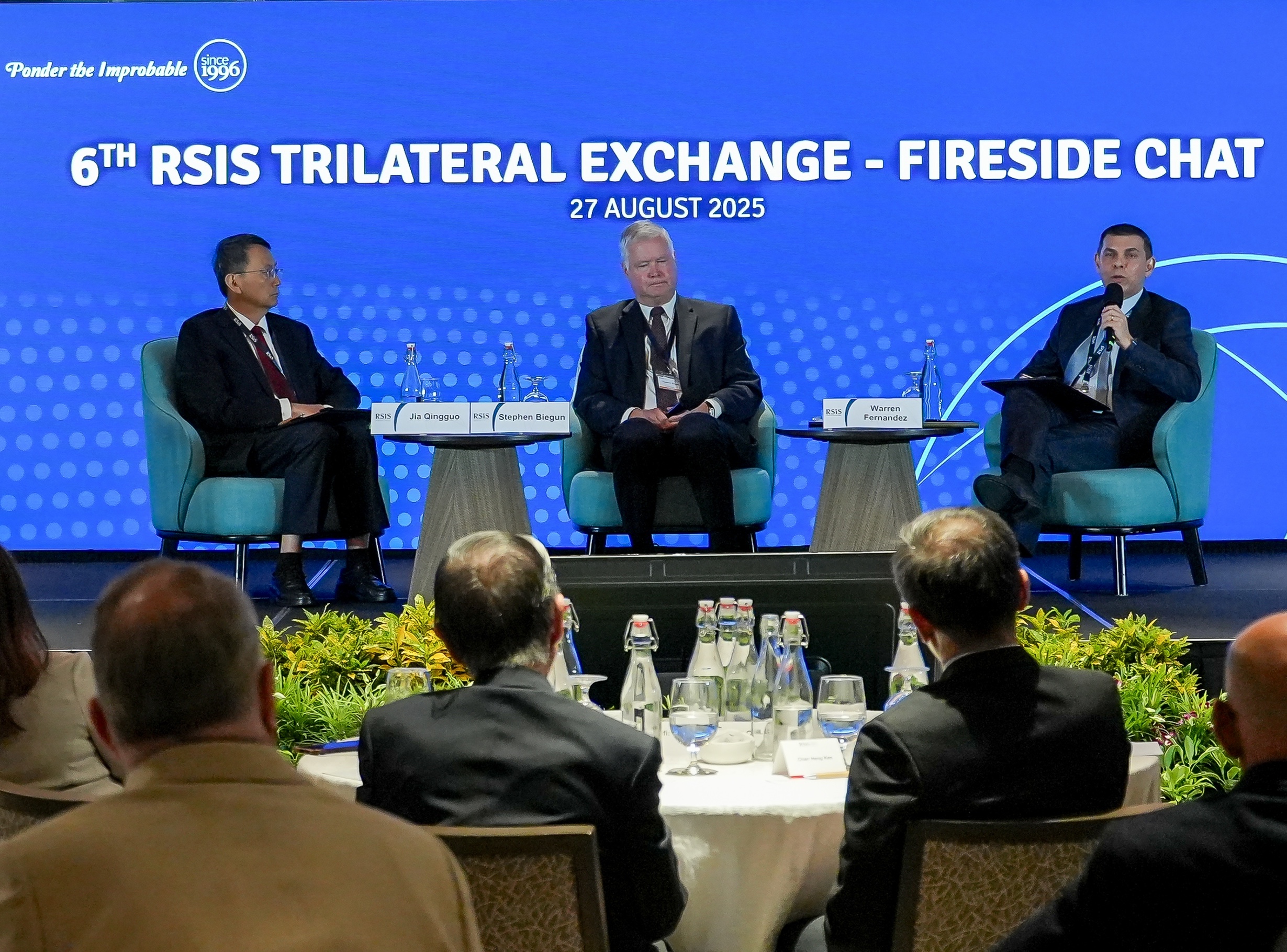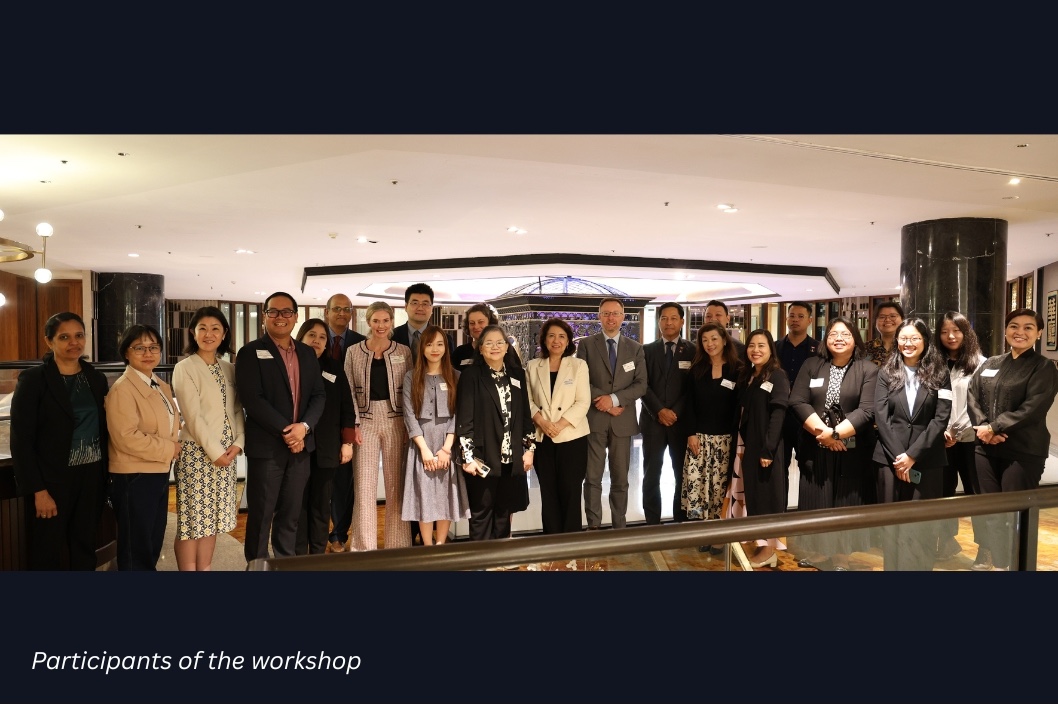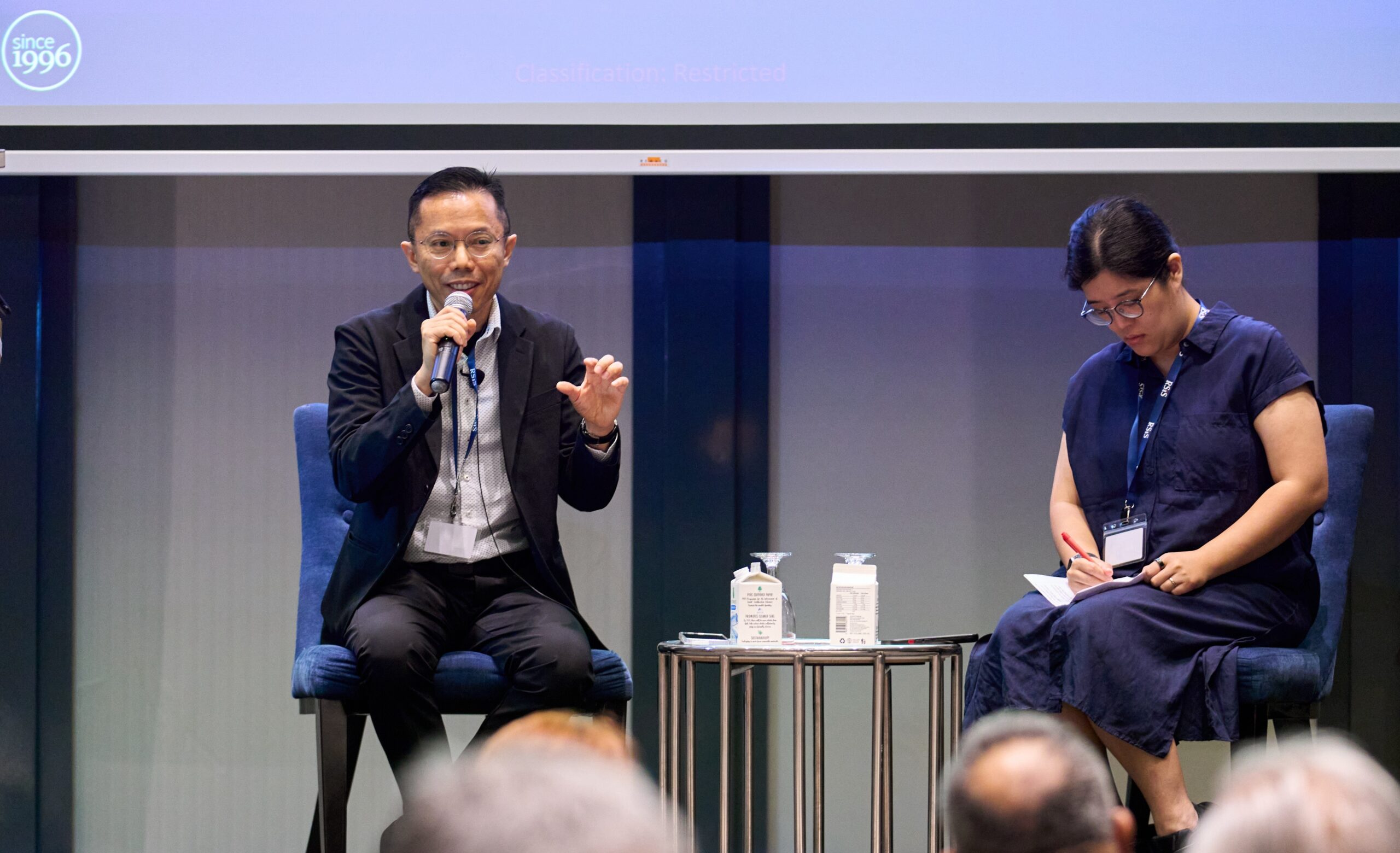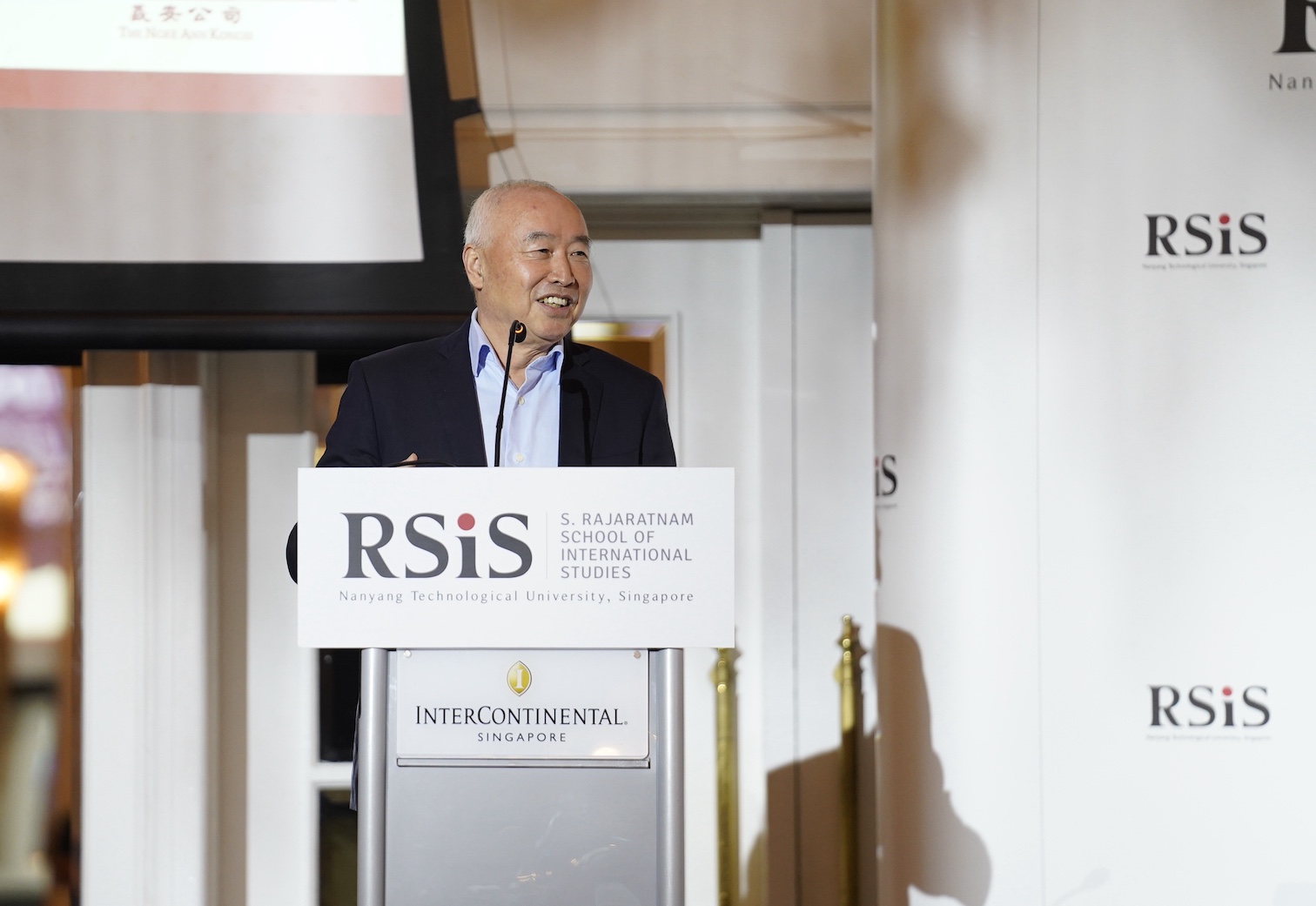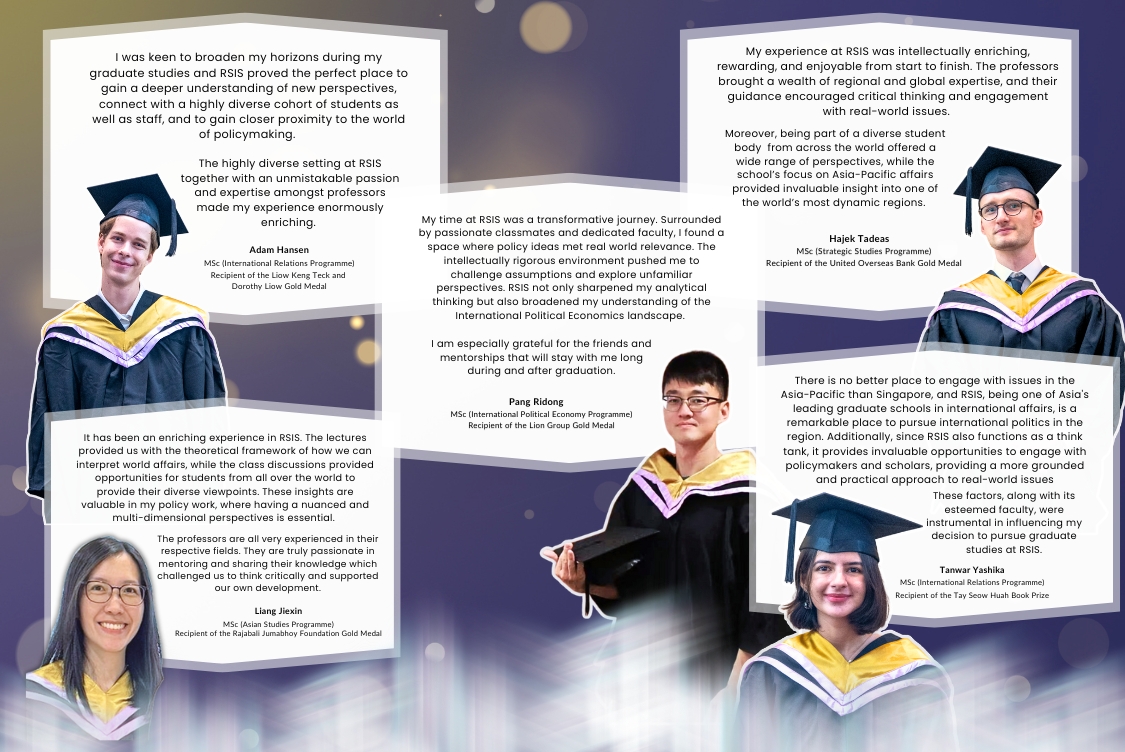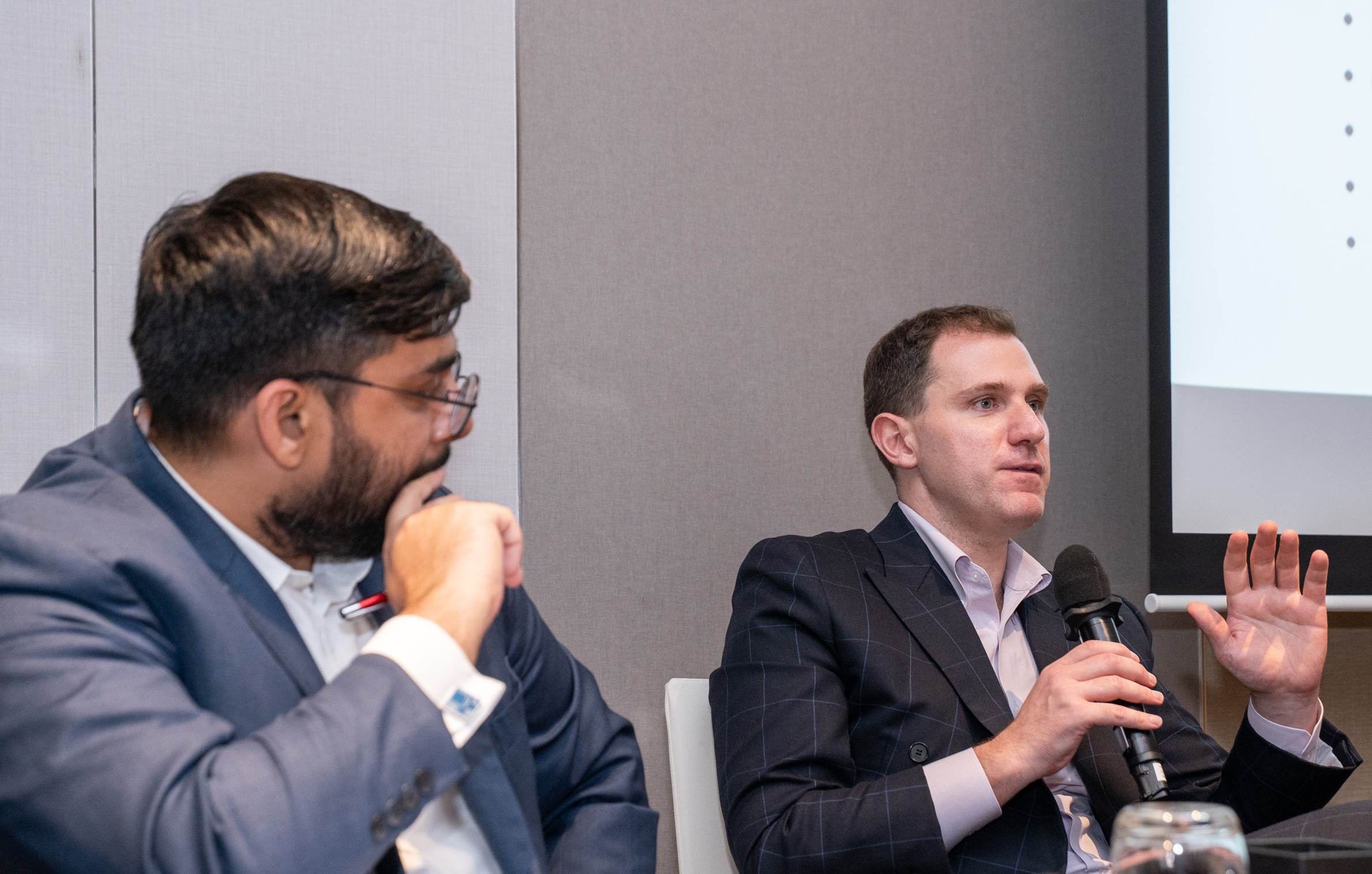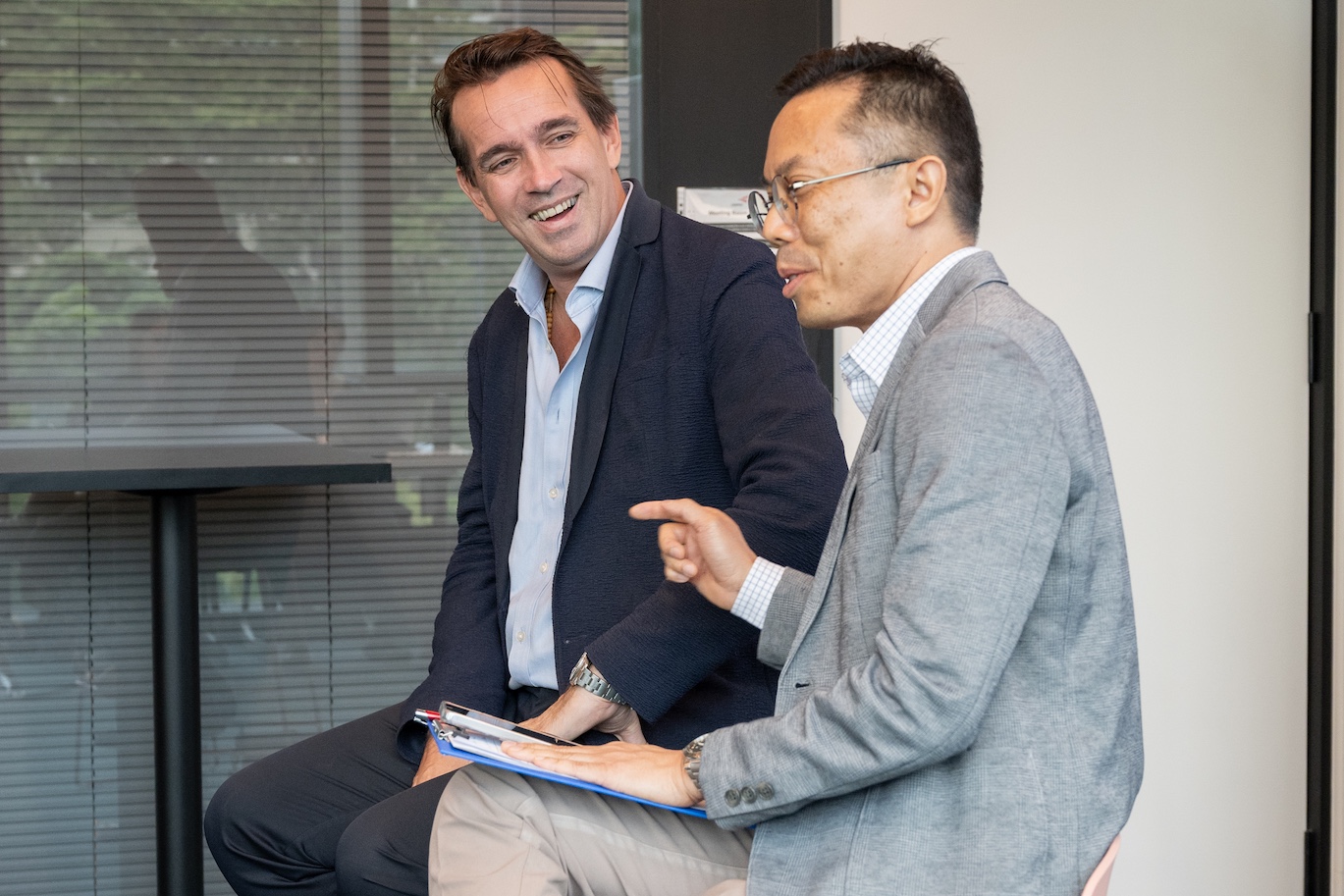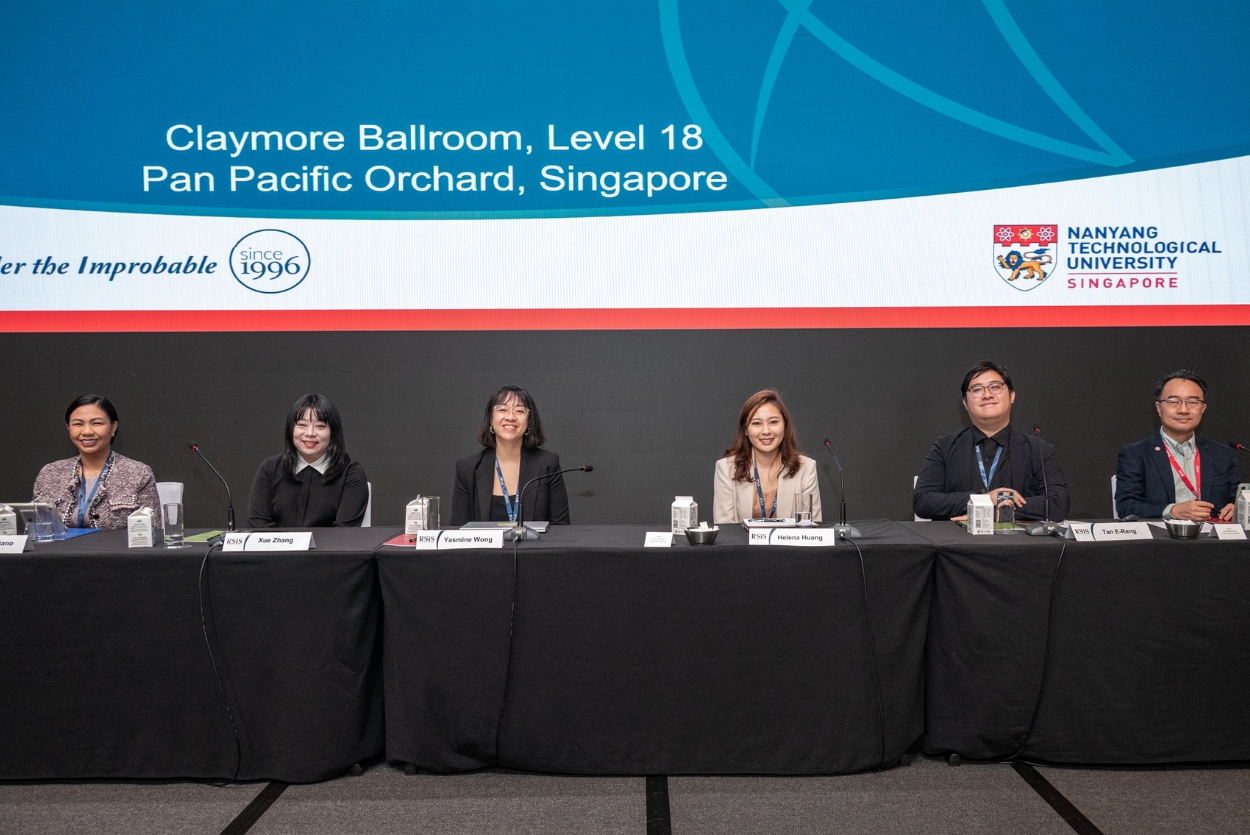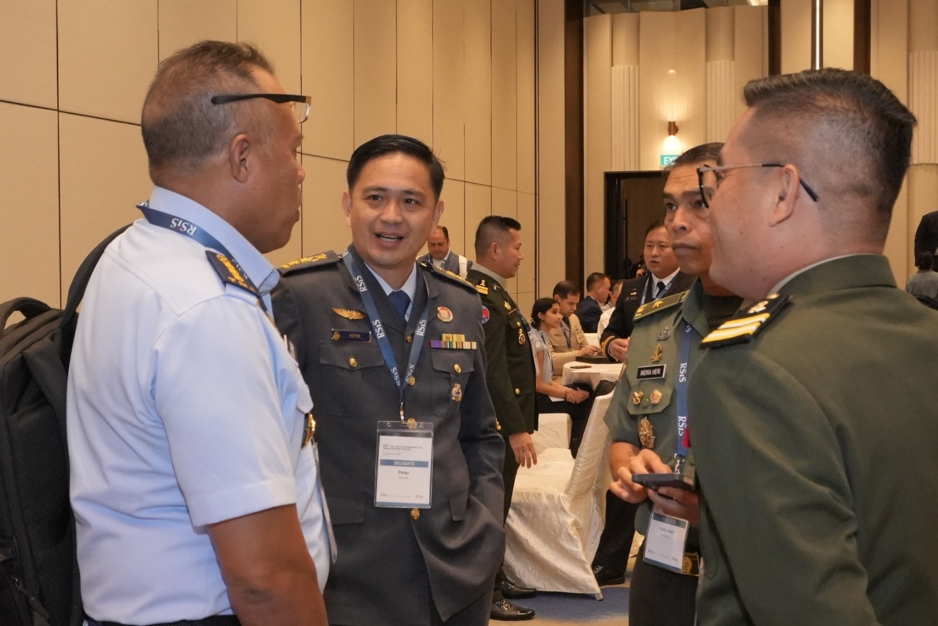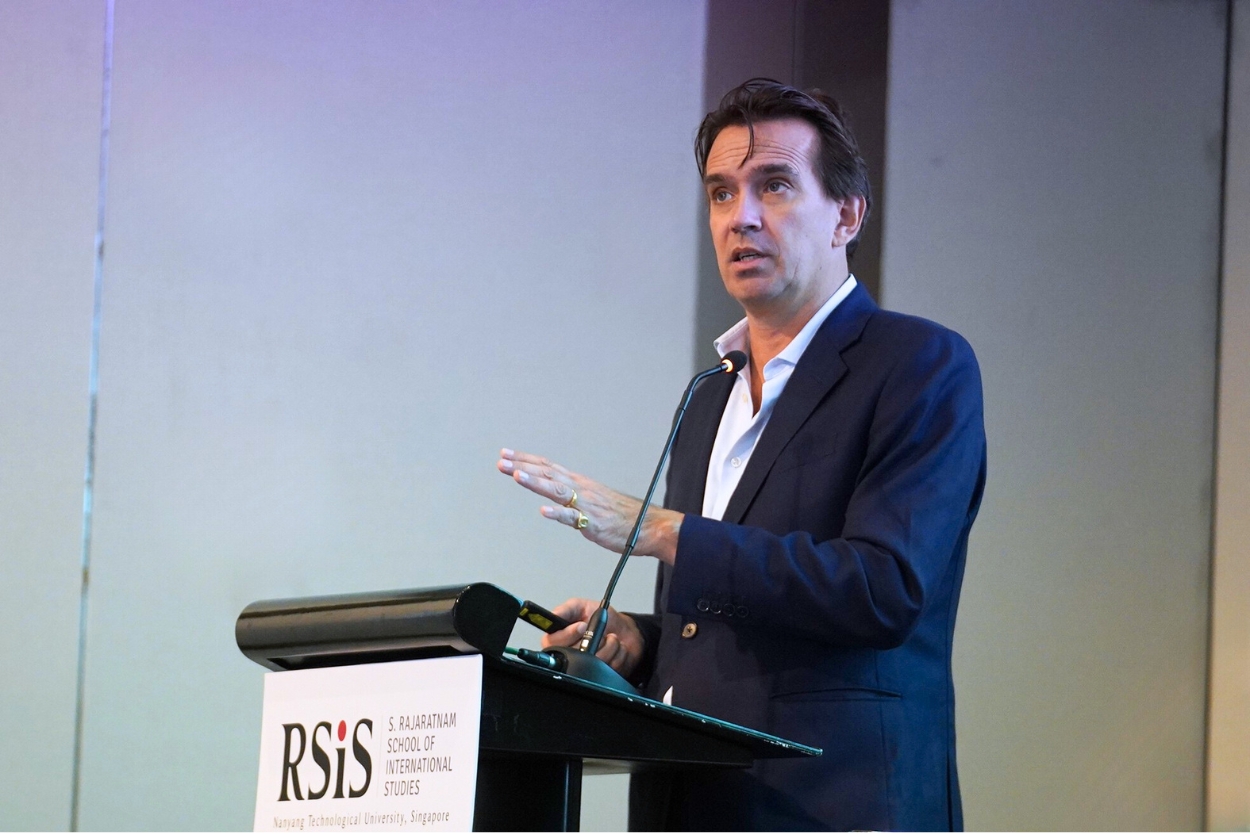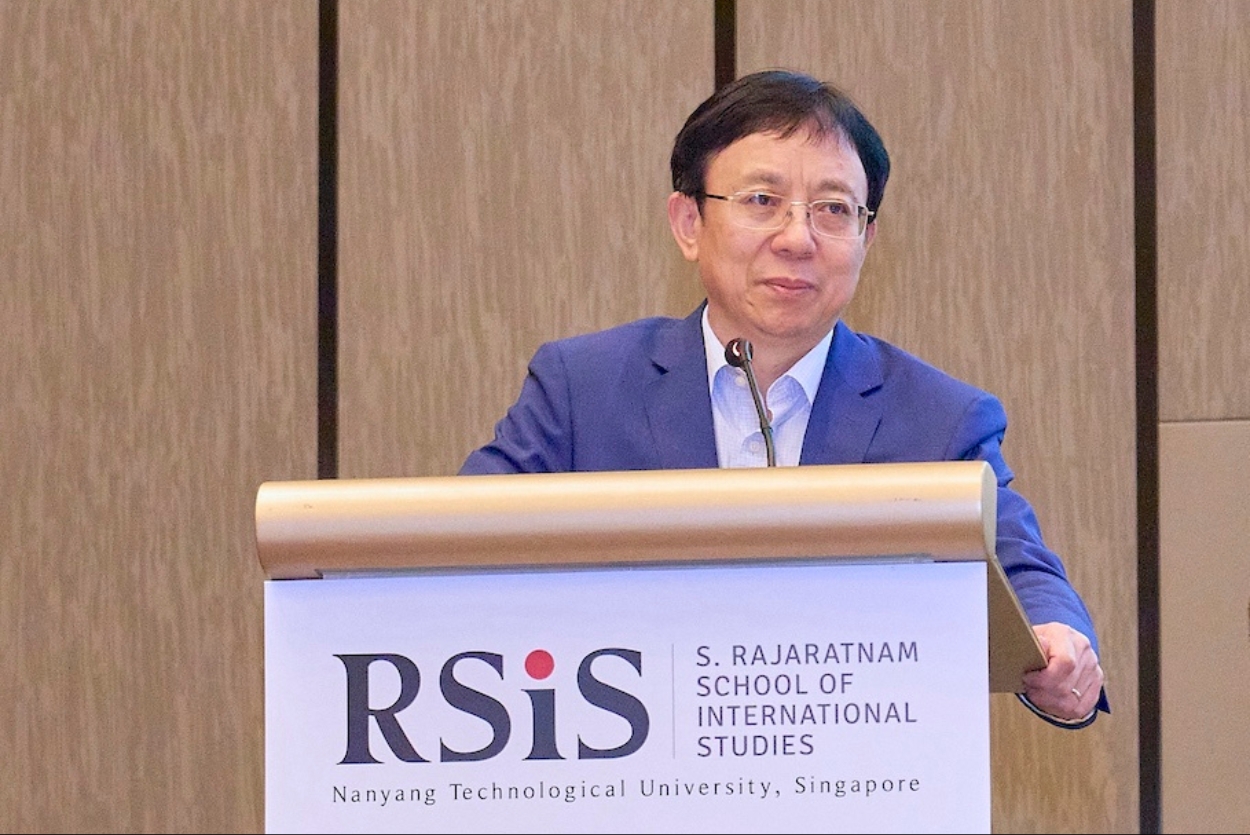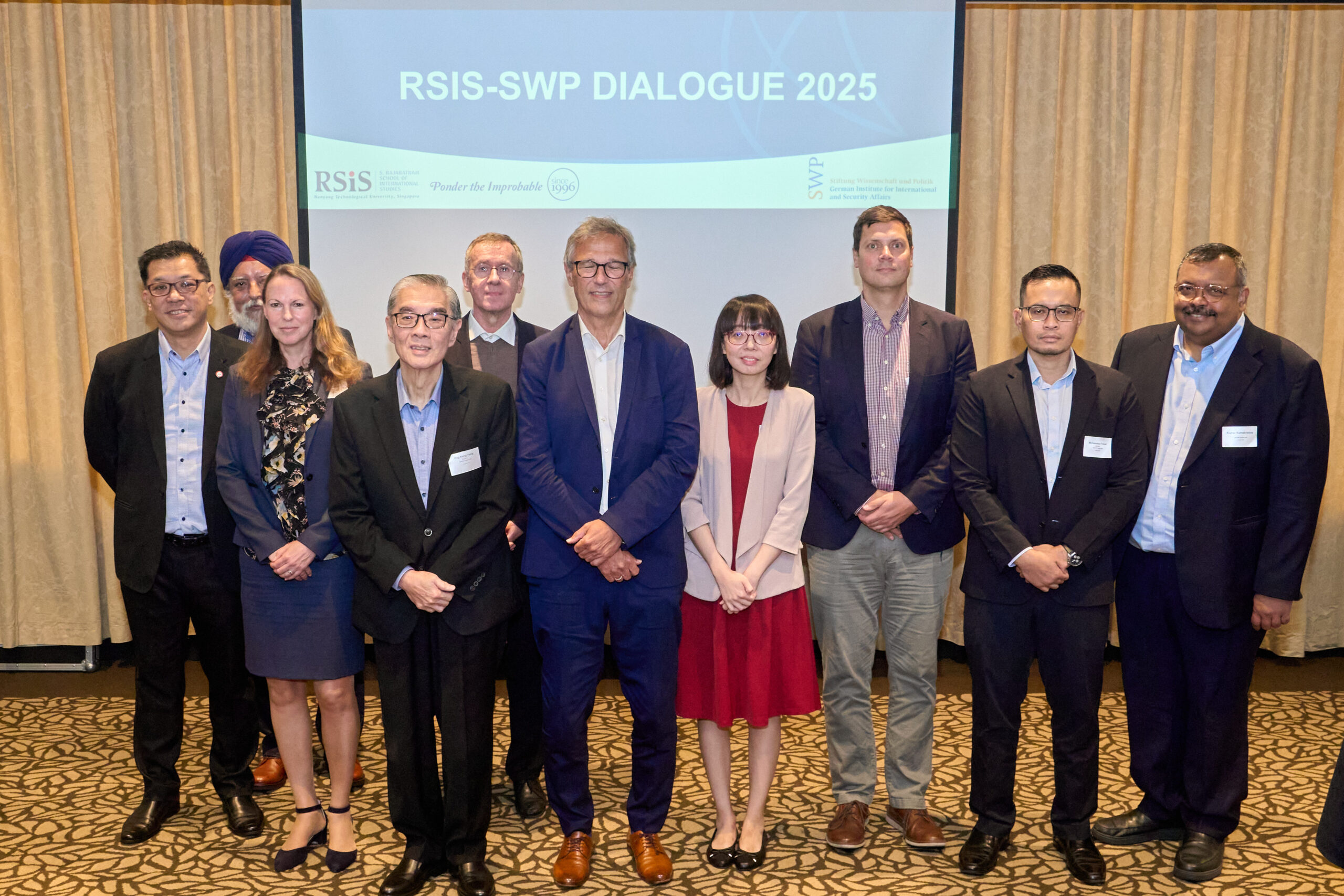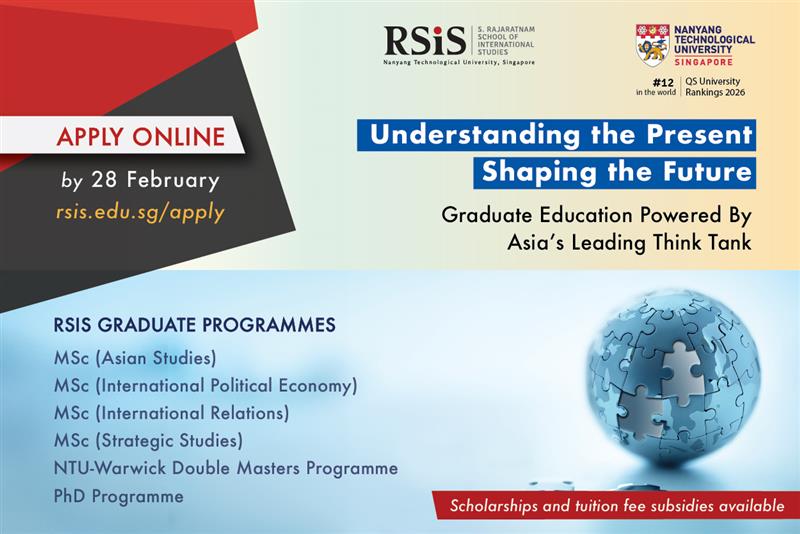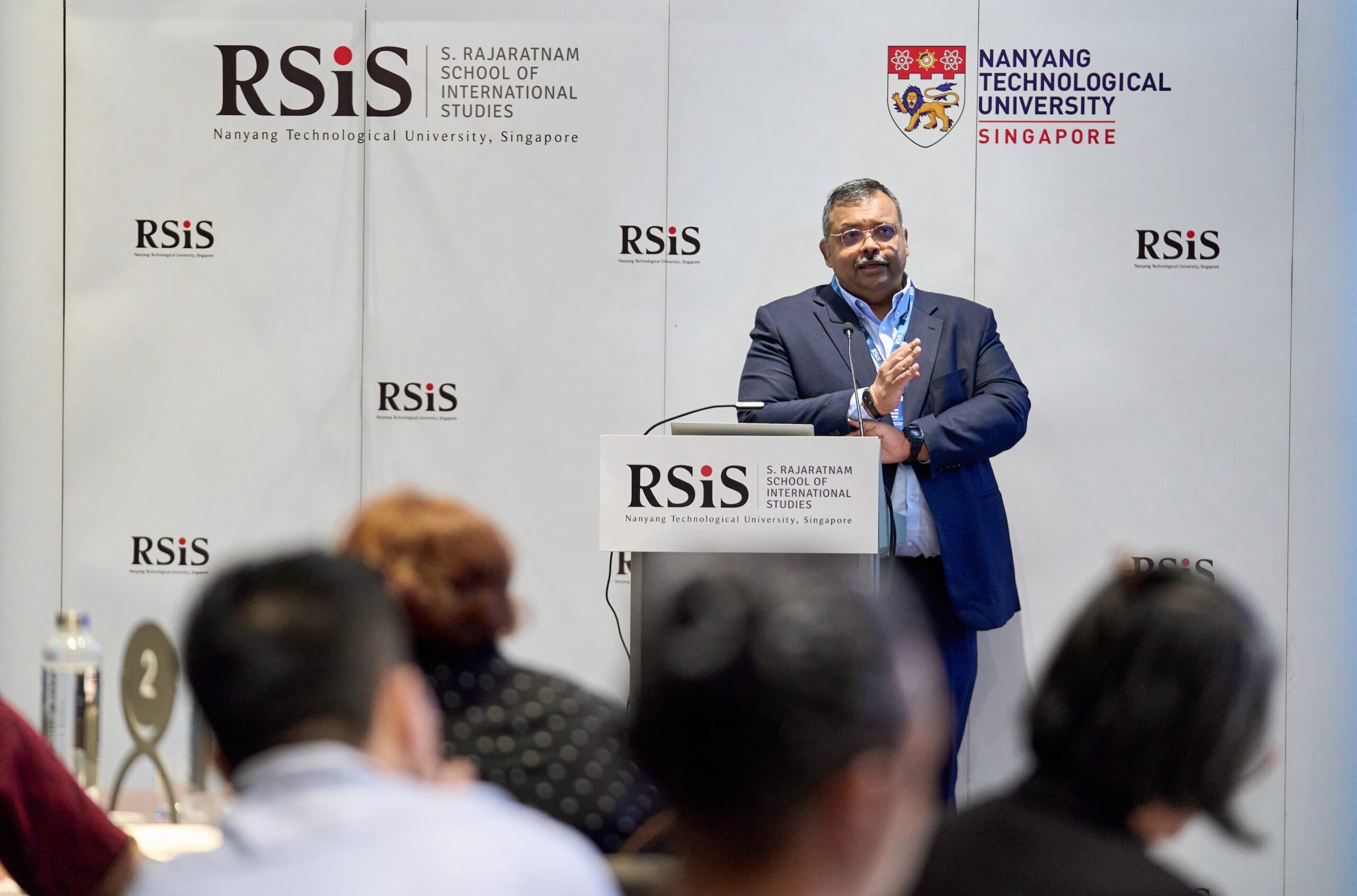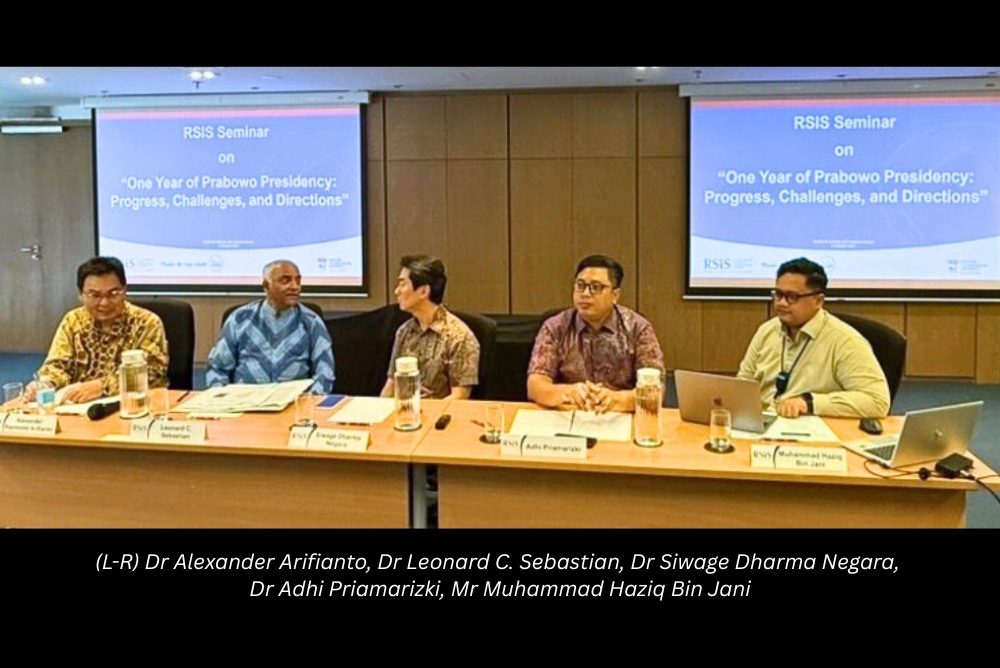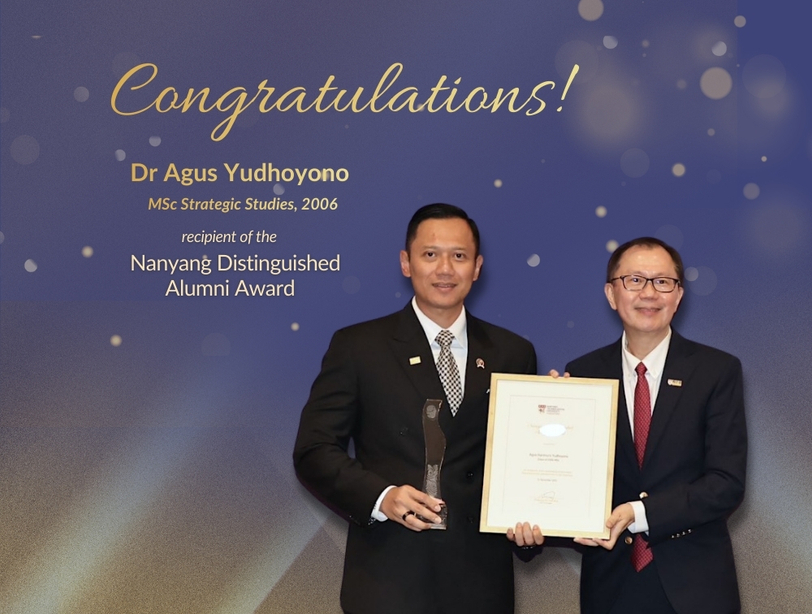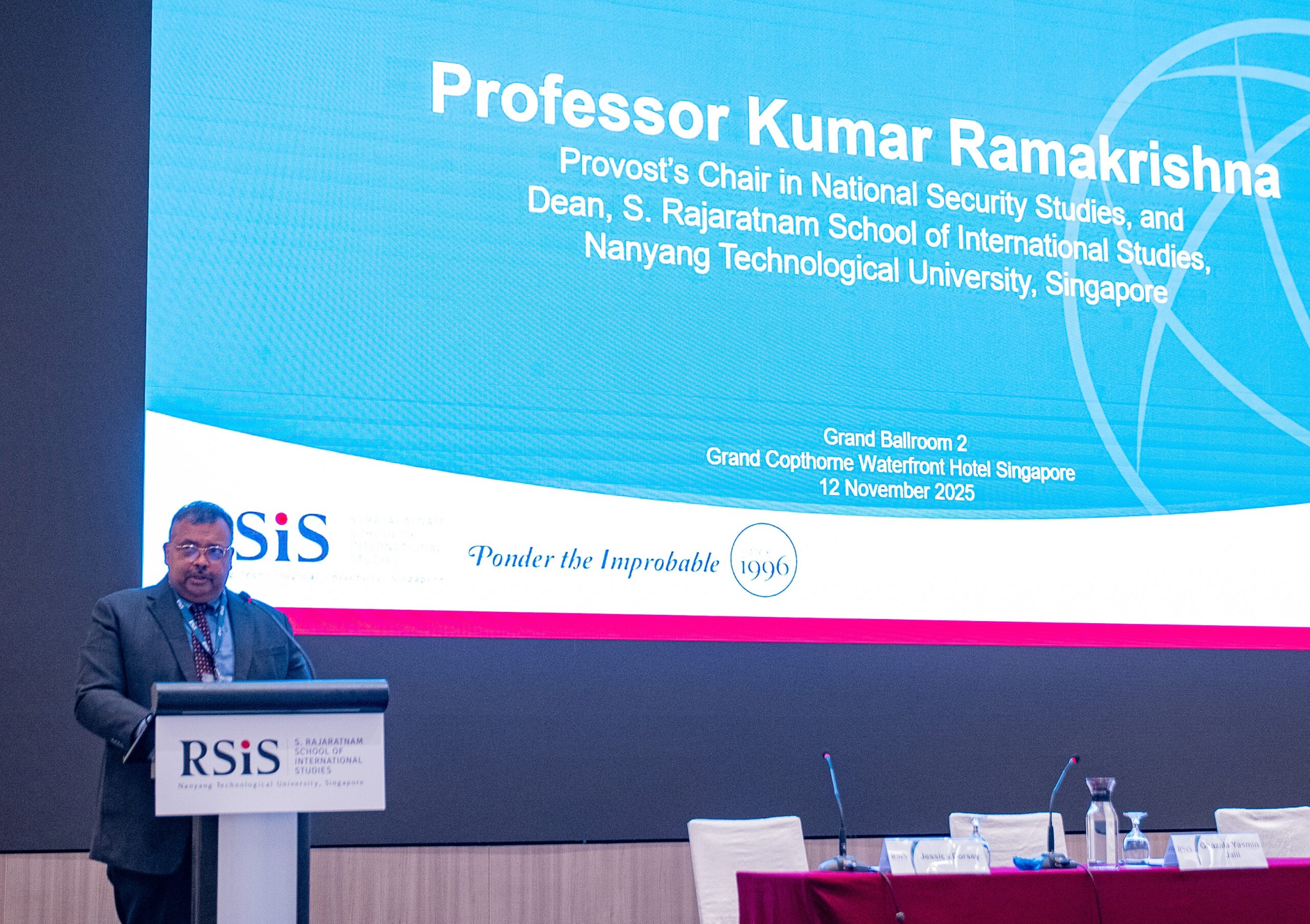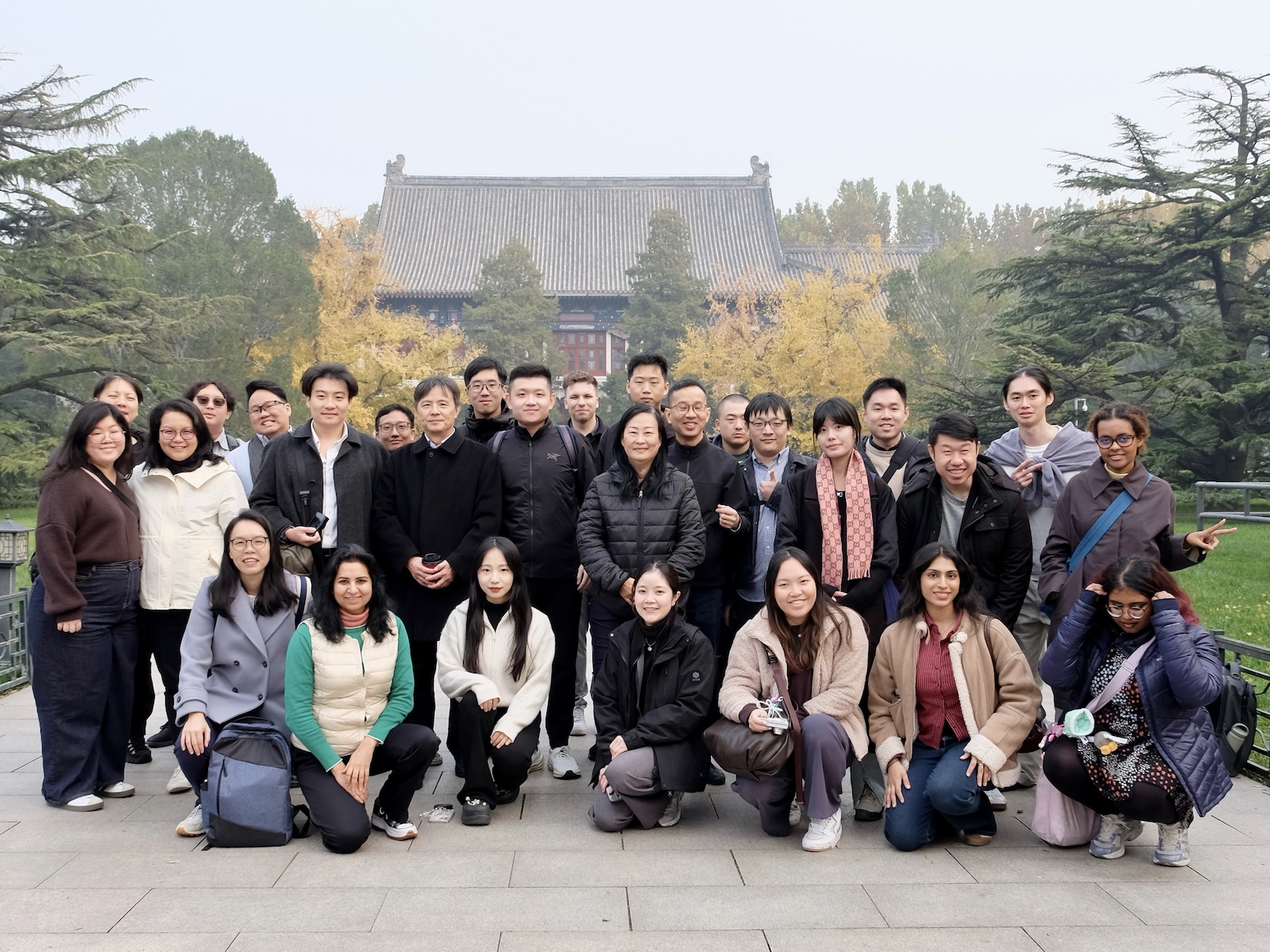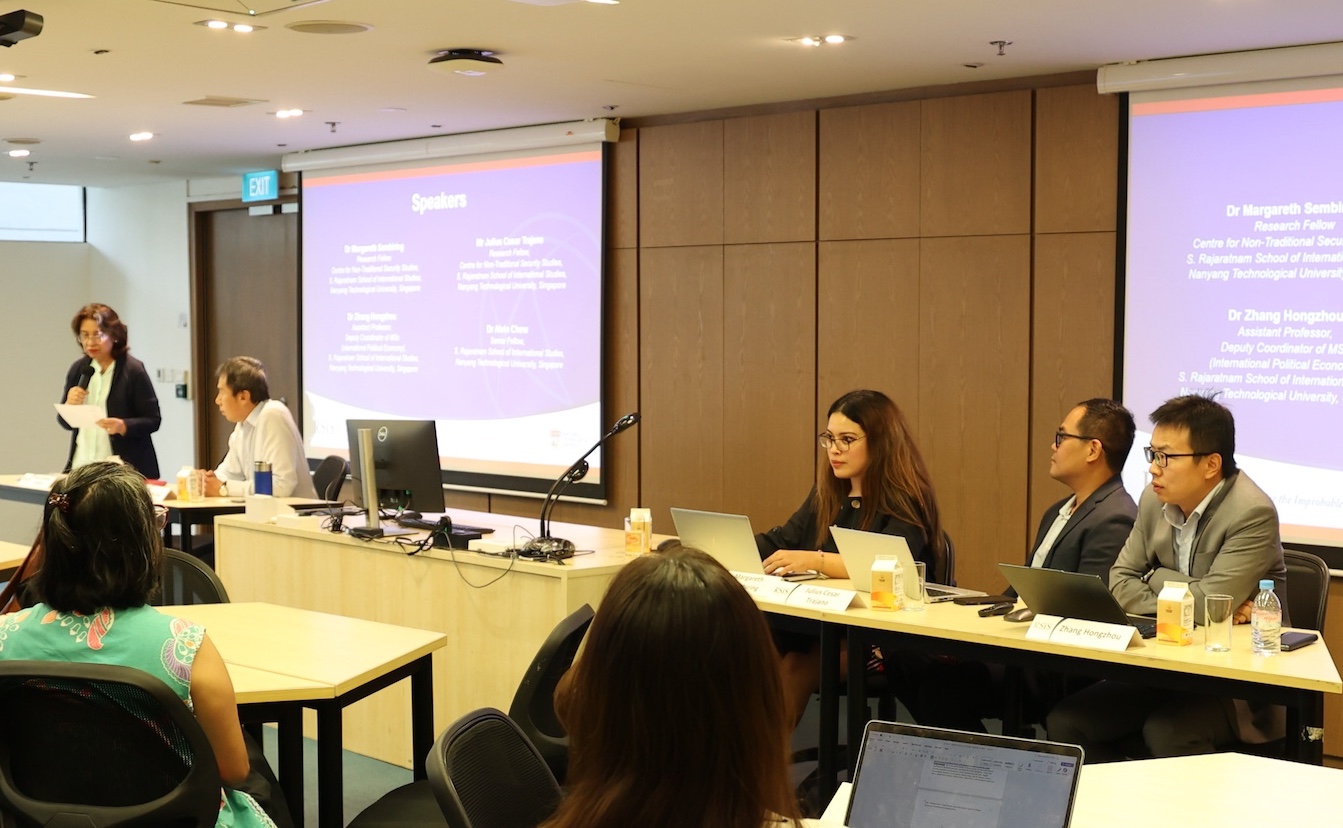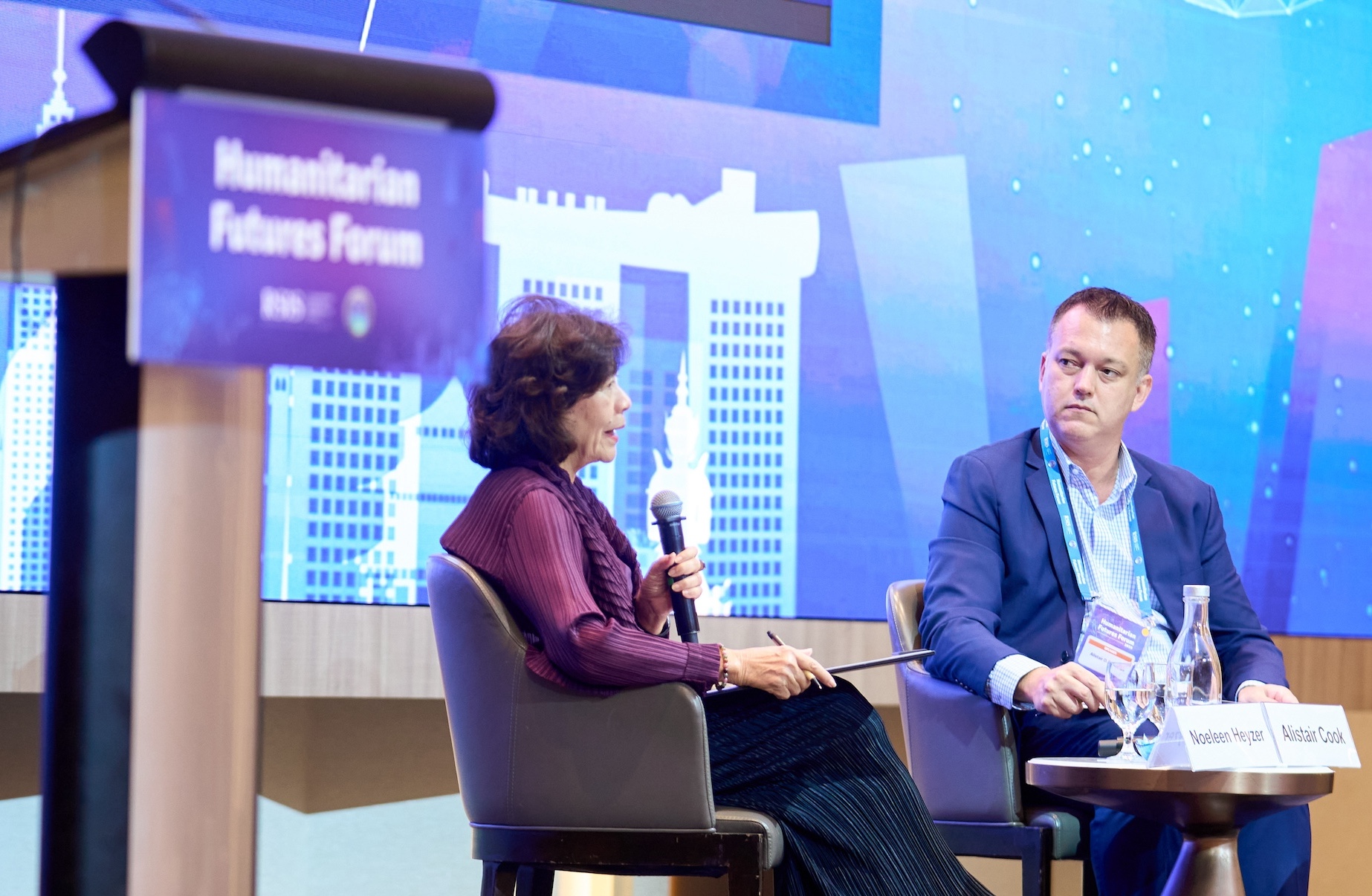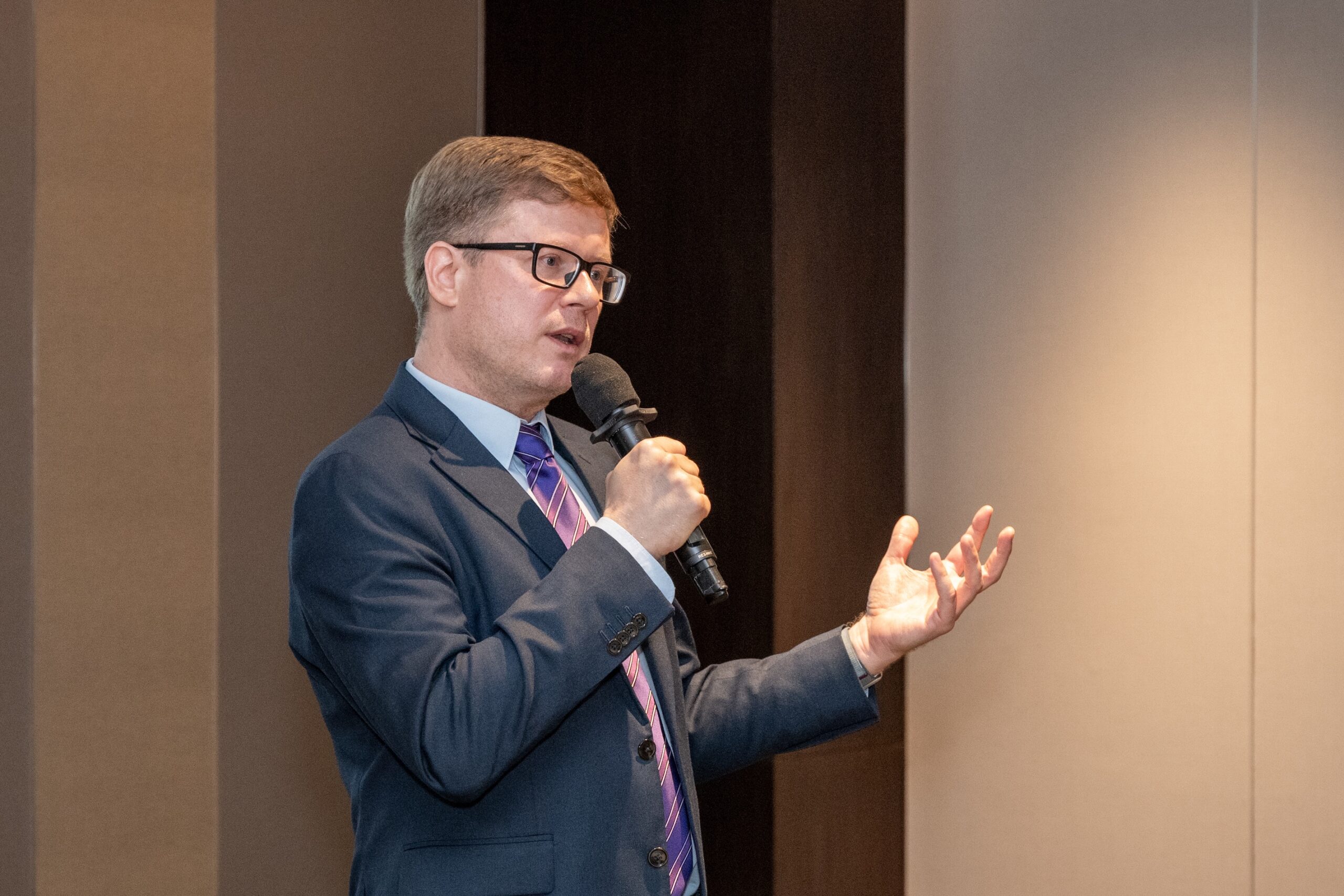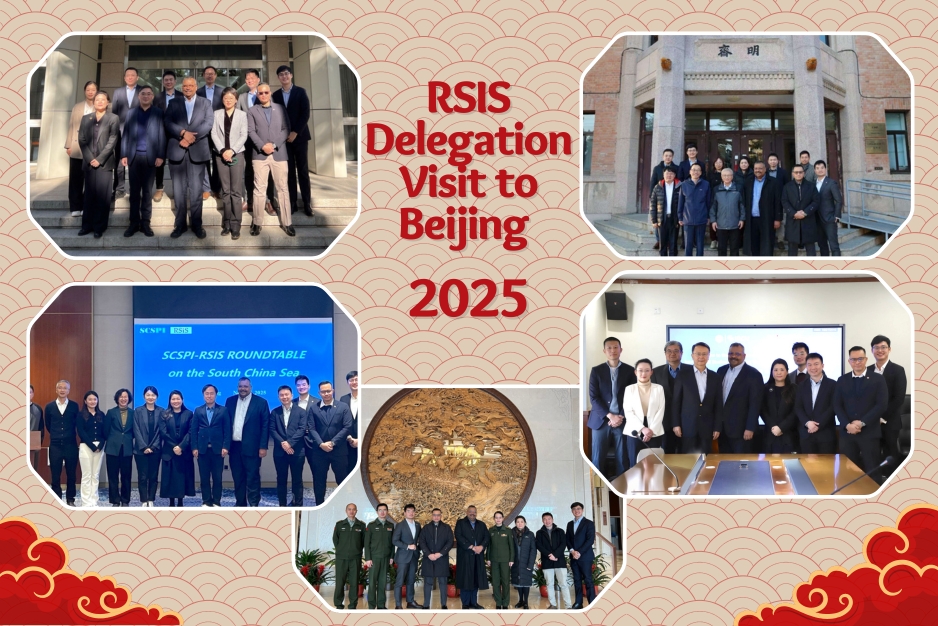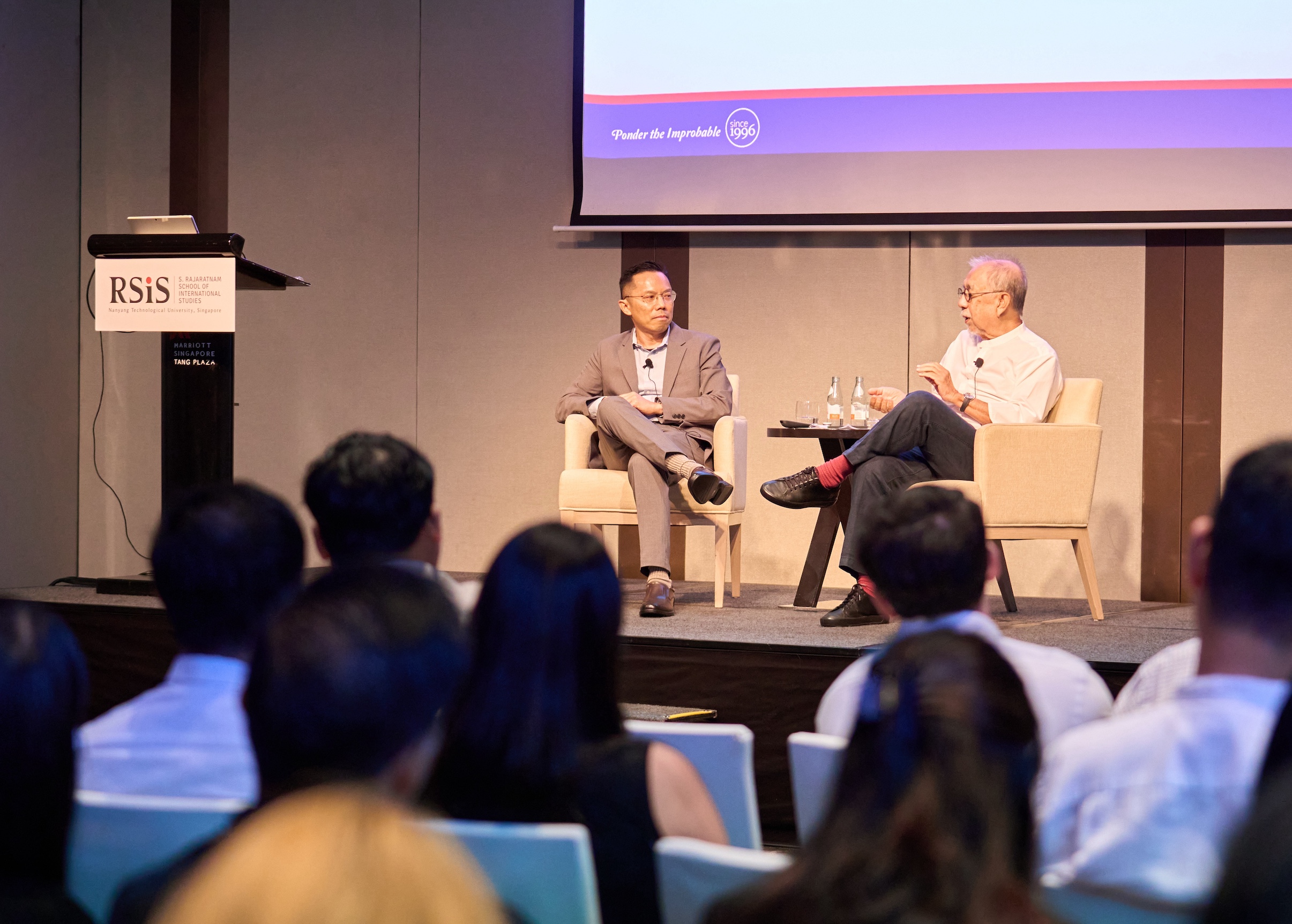
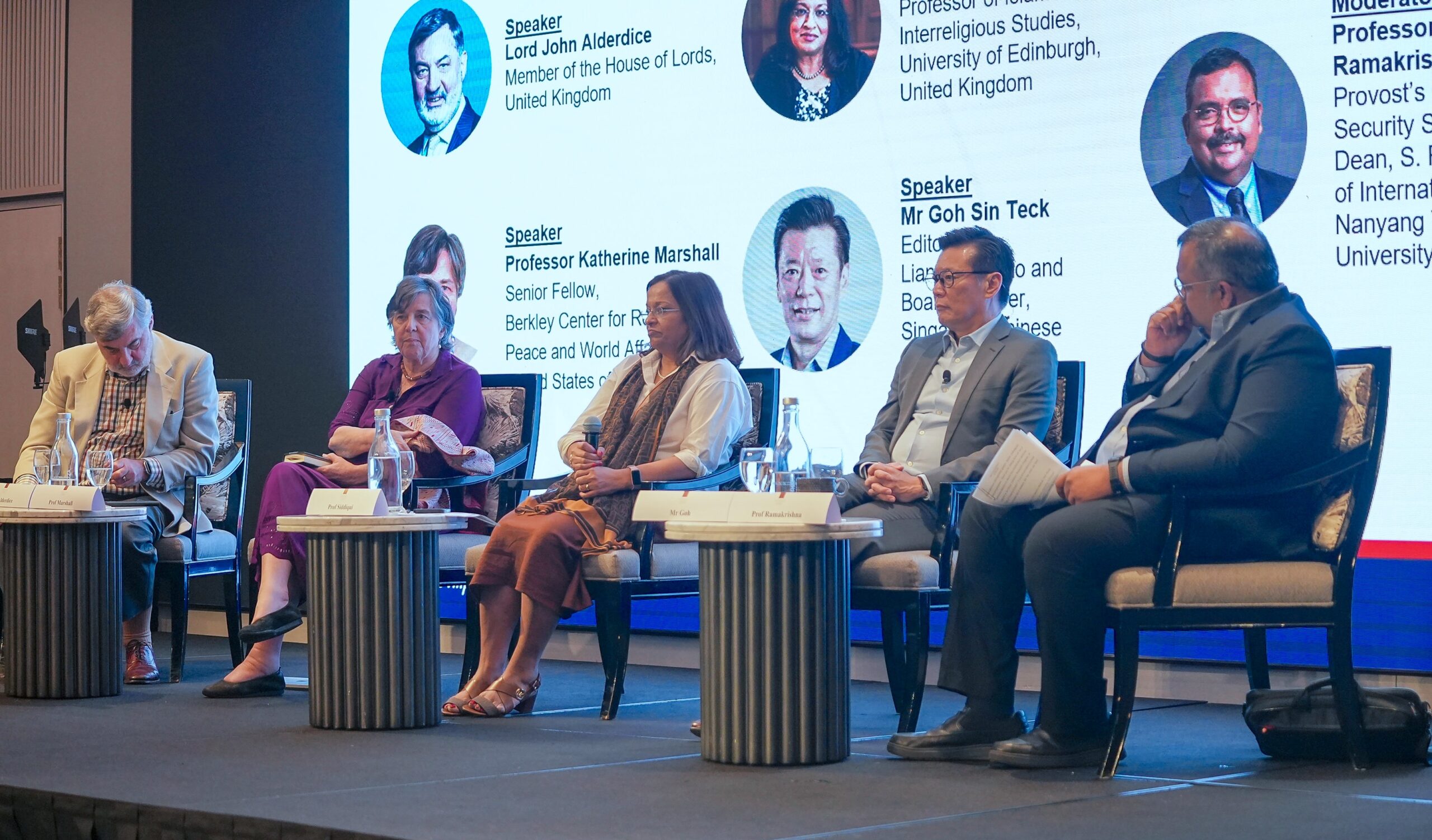
In an increasingly interconnected yet fragmented world, fostering inclusion remains a critical challenge. The RSIS seminar on 12 February 2025 saw distinguished thought leaders offered perspectives on practical approaches to build cohesive communities. Titled “Fostering Inclusion: Barriers and Breakthroughs”, the seminar comprised speakers Lord John Alderdice, Member of the United Kingdom House of Lords; Professor Katherine Marshall, Senior Fellow at the Berkley Center for Religion, Peace and World Affairs; Professor Mona Siddiqui, Professor of Islamic and Interreligious Studies at the University of Edinburgh; and Mr Goh Sin Teck, Editor of Lianhe Zaobao. The session was moderated by Professor Kumar Ramakrishna, Dean of RSIS.
Lord John Alderdice first spoke on the need for practical wisdom and barrier-crossing actions in addressing societal divisions. Leaders with practical wisdom recognise that differences between communities exist but should be embraced. At the same time, leaders can cross barriers by highlighting shared experiences of different communities.
Professor Katherine Marshall then advocated for the need to include religious organisations in addressing global challenges. Instead of perceiving secular and religious world as being opposed to each other, countries should recognise how religiously-linked activities can promote advances in peace-building activities, healthcare, education and climate change.
Next, Professor Mona Siddiqui urged for reflection on the moral and ethical dimensions of social cohesion. Freedom of choice and social cohesion can be rethought as moral goods that need to be balanced vis-à-vis each other. Being a citizen of a country is not just about one’s passport, but also about one’s civic duty to their country. To increase social cohesion, education is needed to foster a sense of collective responsibility on how one’s individual actions affect others.
Lastly, Mr Goh Sin Teck spoke about the responsibility of the media in upholding social cohesion. For mainstream newspapers in Singapore, race and religion are sensitive topics that will not be highlighted in headlines due to the possibility that skim readers may form wrong impressions. However, social media poses a challenge to balanced and responsible reporting as algorithms prioritise provocative headlines that incite emotions. Given the rise of social media, there is a need to maintain platforms for constructive discussions on sensitive topics.
During the Q&A segment, speakers debated the reasons for the rise of far-right extremist views in many countries. The session concluded with an affirmation that bridging communities, rather than ostracising and alienating those with differences, is the key towards promoting social cohesion in the long run.
Lord John Alderdice was the first guest on the inaugural episode of Tapestry of Cohesion, a podcast by the Social Cohesion Research Programme (SCRP) at RSIS exploring the critical issues shaping social cohesion in today’s world. Through insightful conversations with experts across disciplines, They examine the challenges and opportunities of building more inclusive and resilient societies
Listen to the episode here:



